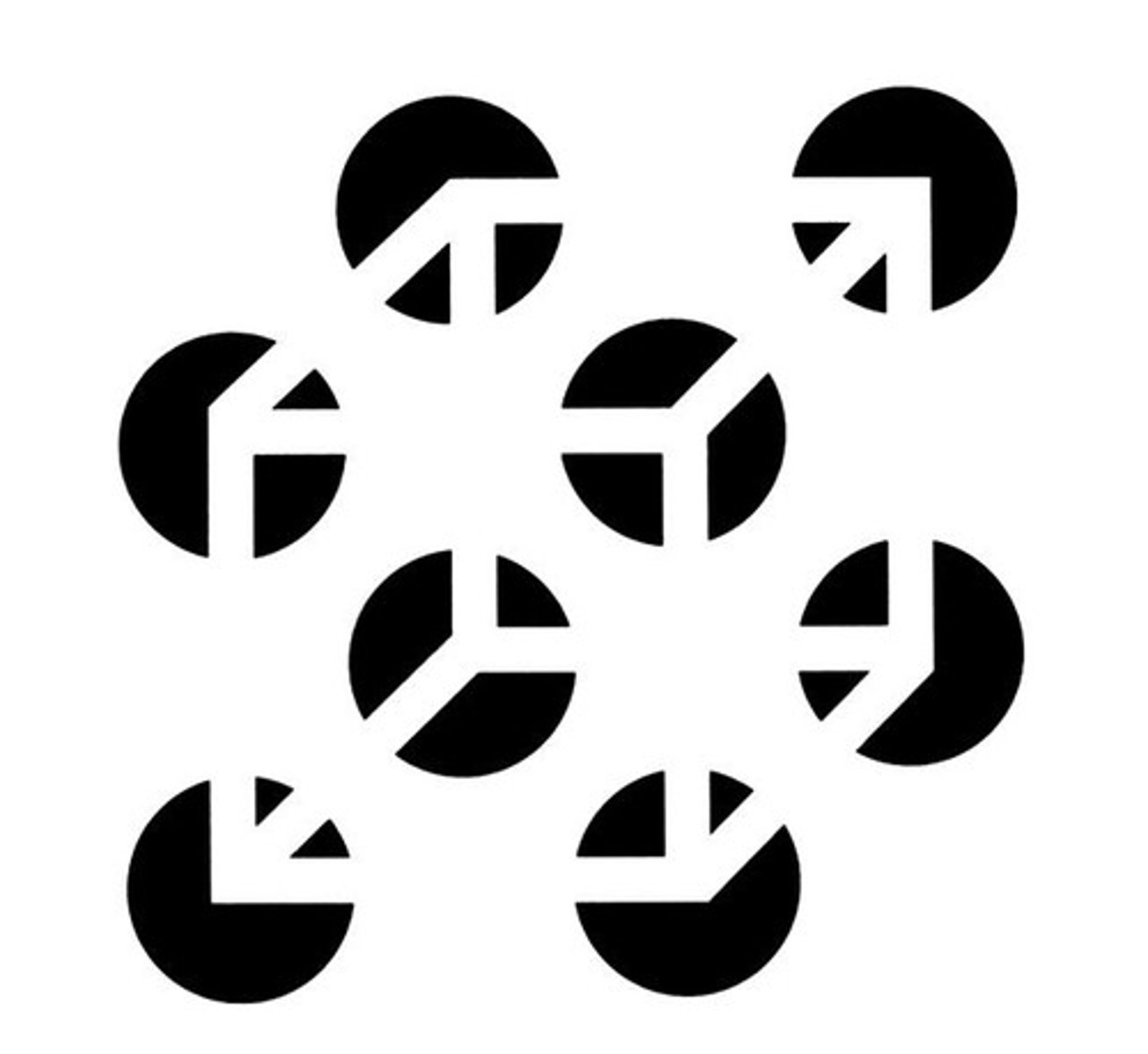Unit 1 AP Psychology (Scientific Foundations of Psychology)
1/78
There's no tags or description
Looks like no tags are added yet.
Name | Mastery | Learn | Test | Matching | Spaced |
|---|
No study sessions yet.
79 Terms
empiricism
the view that knowledge originates in experience and that science should, therefore, rely on observation and experimentation
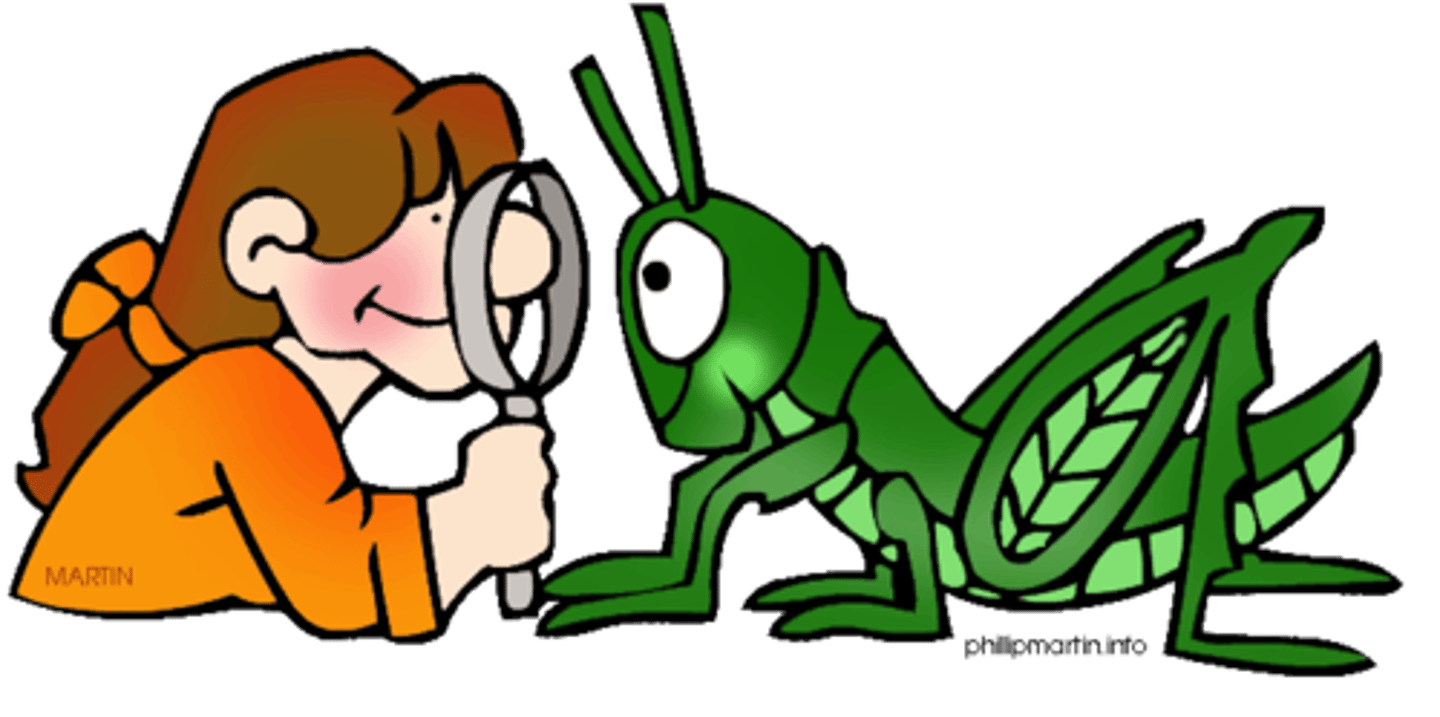
structuralism
an early school of psychology that used introspection to explore the structural elements of the human mind

functionalism
a school of psychology that focused on how our mental and behavioral processes function-how they enable us to adapt, survive and flourish
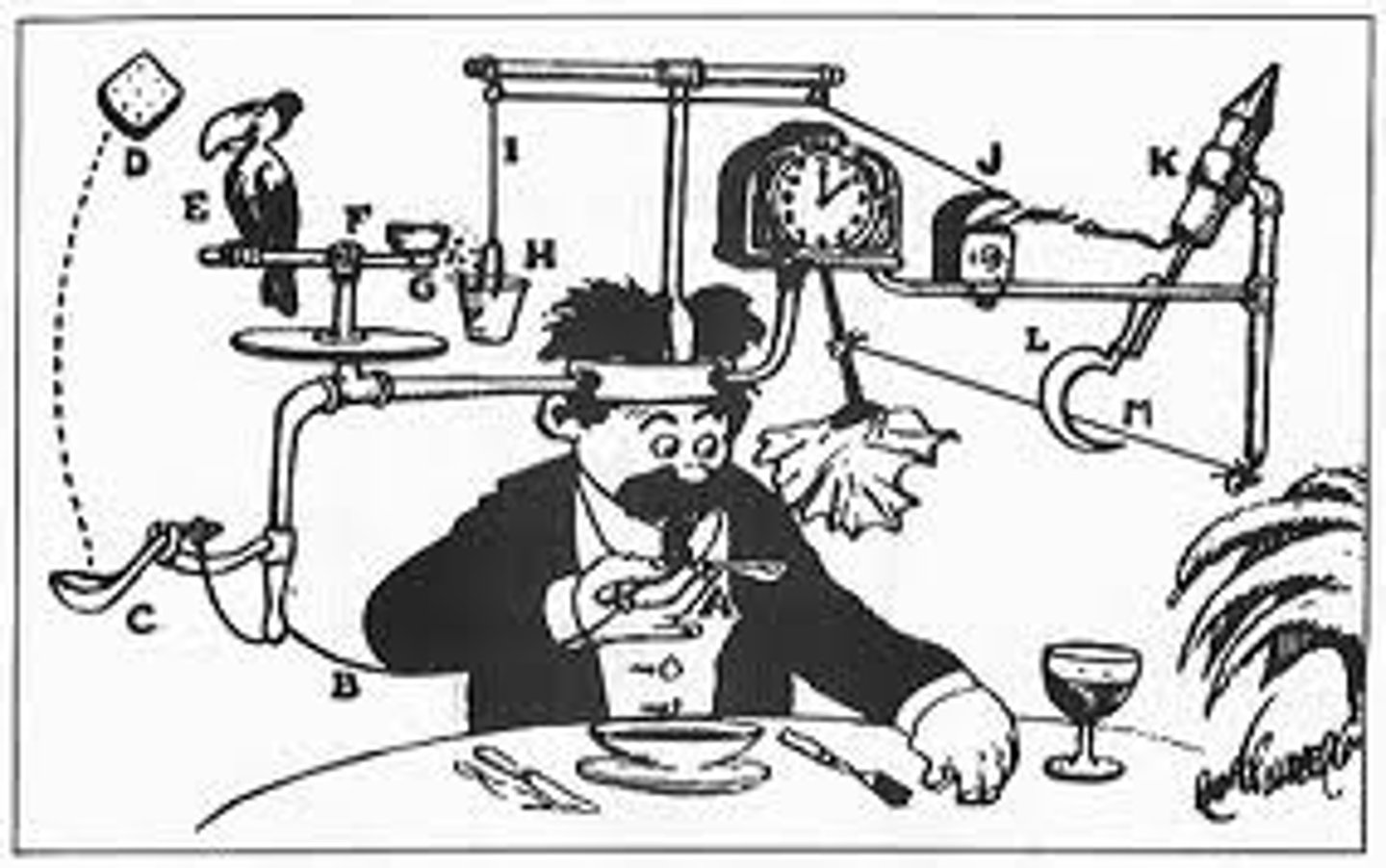
experimental psychology
the study of behavior and thinking using the (scientific) experimental method
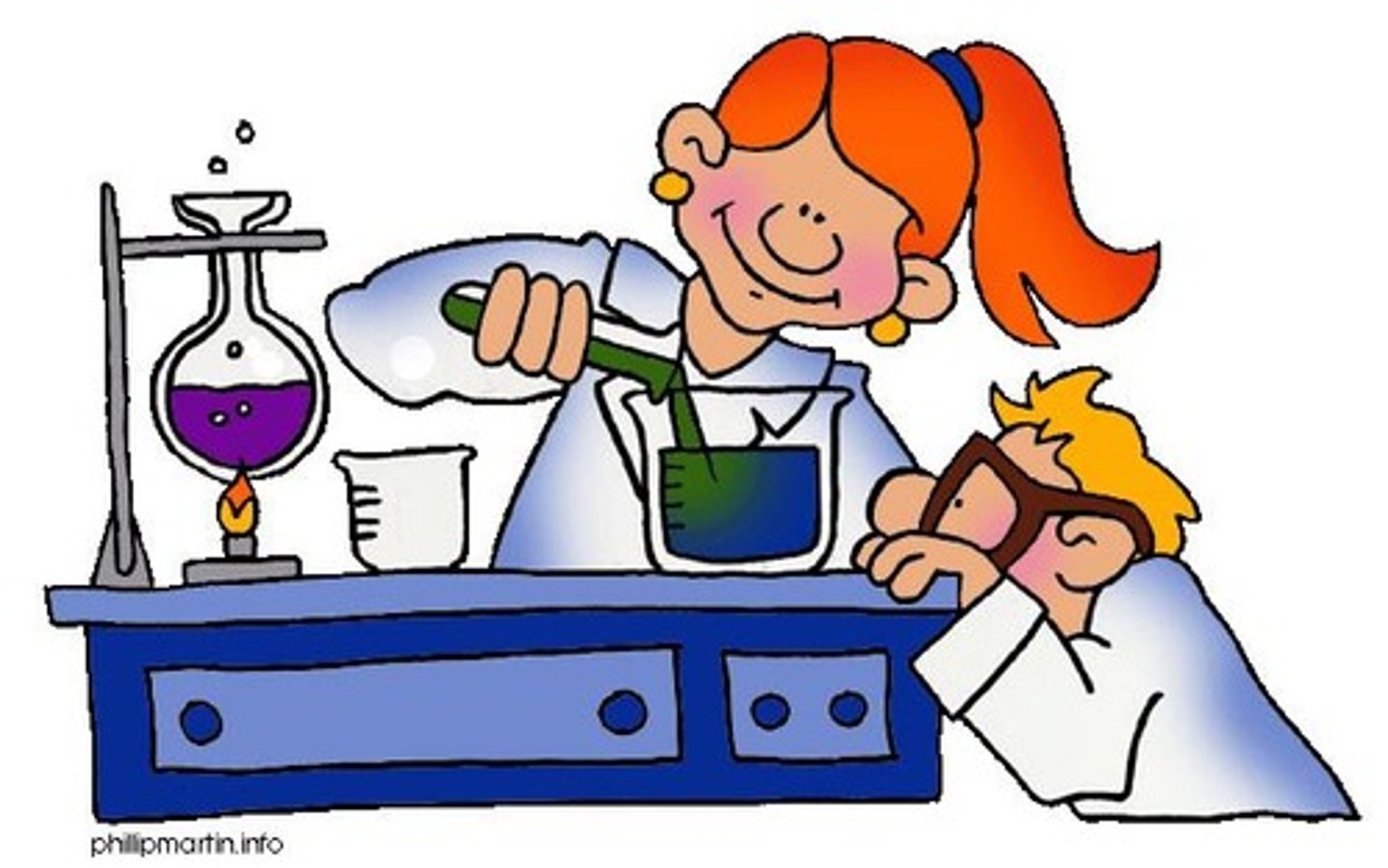
behaviorism
the view that psychology (1) should be an objective science that (2) studies behavior without reference to mental processes. Most research psychologists today agree with (1) but not with (2)
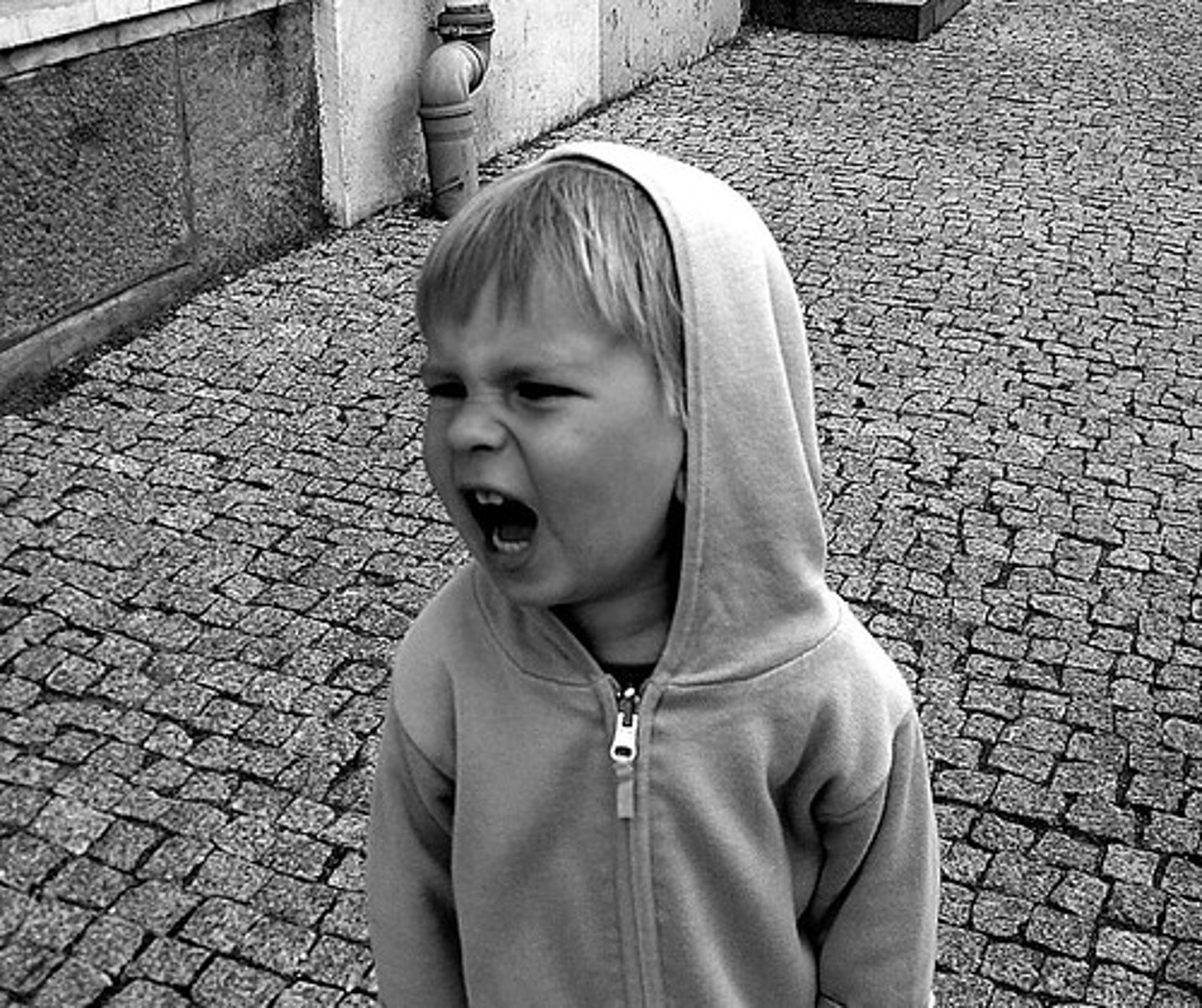
humanistic psychology
historically significant perspective that emphasized the growth potential of healthy people and the individual's potential for personal growth
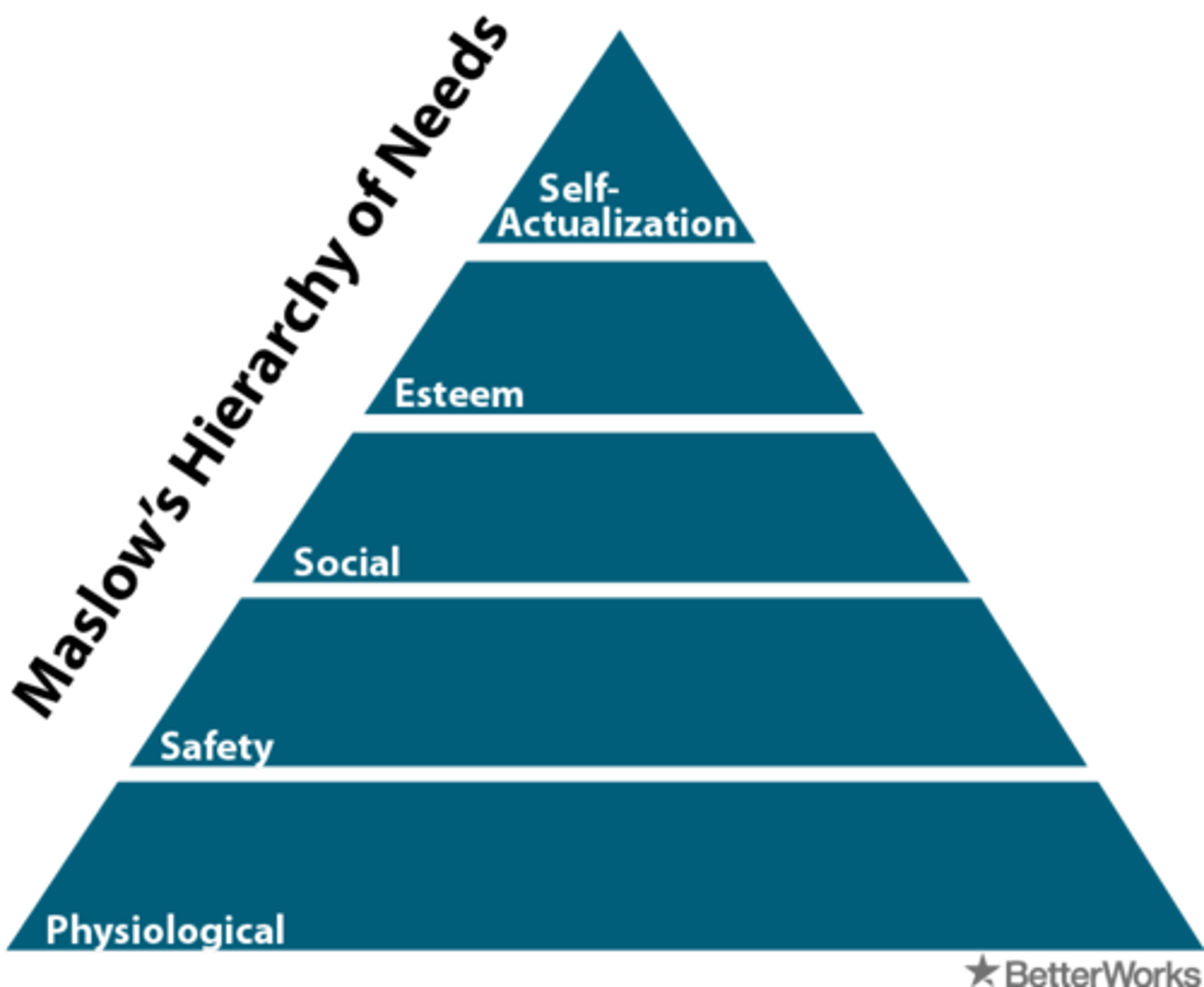
psychology
the science of behavior and mental processes

nature-nurture issue
the longstanding controversy over the relative contributions that genes and experience make to the development of psychological traits and behaviors. Today's science sees traits and behaviors arising from the interaction of nature and nurture
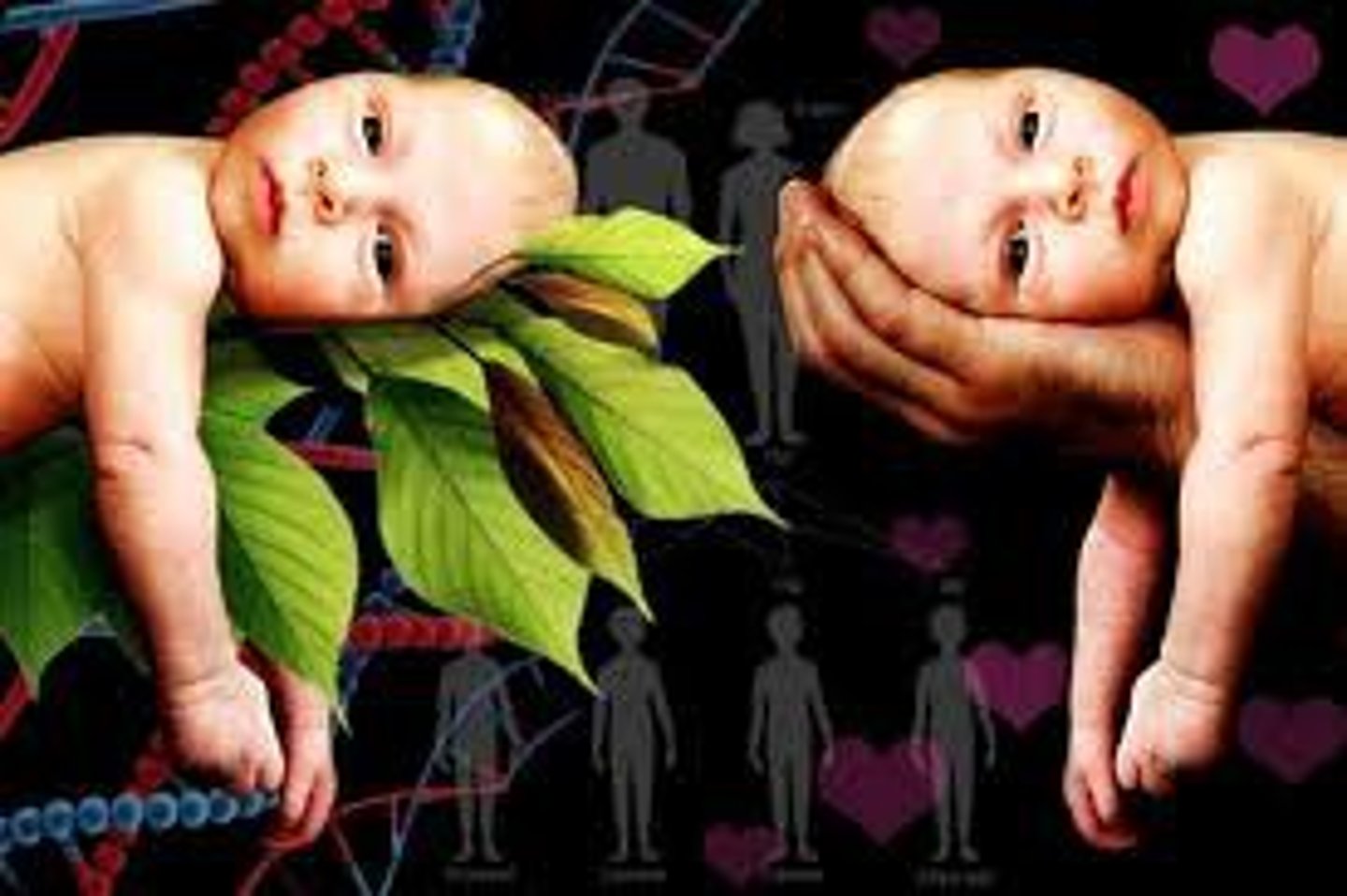
natural selection
the principle that, among the range of inherited trait variations, those contributing to reproduction and survival with most likely be passed on to succeeding generations

level of analysis
the differing complementary views, from biological to psychological to social-cultural, for analyzing any given phenomenon
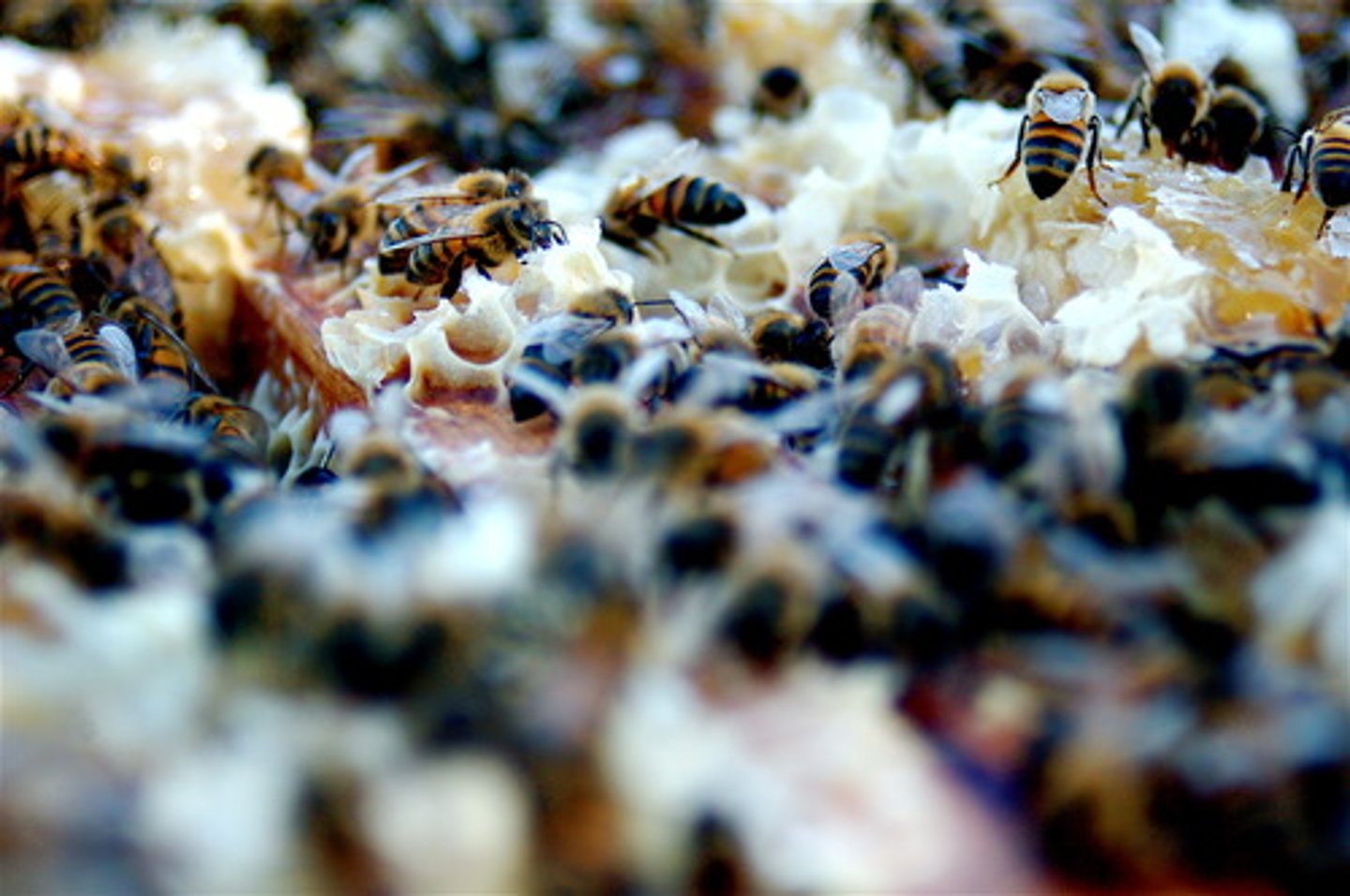
biopsychosocial approach
an integrated approach that incorporates biological, psychological, and social-cultural levels of analysis
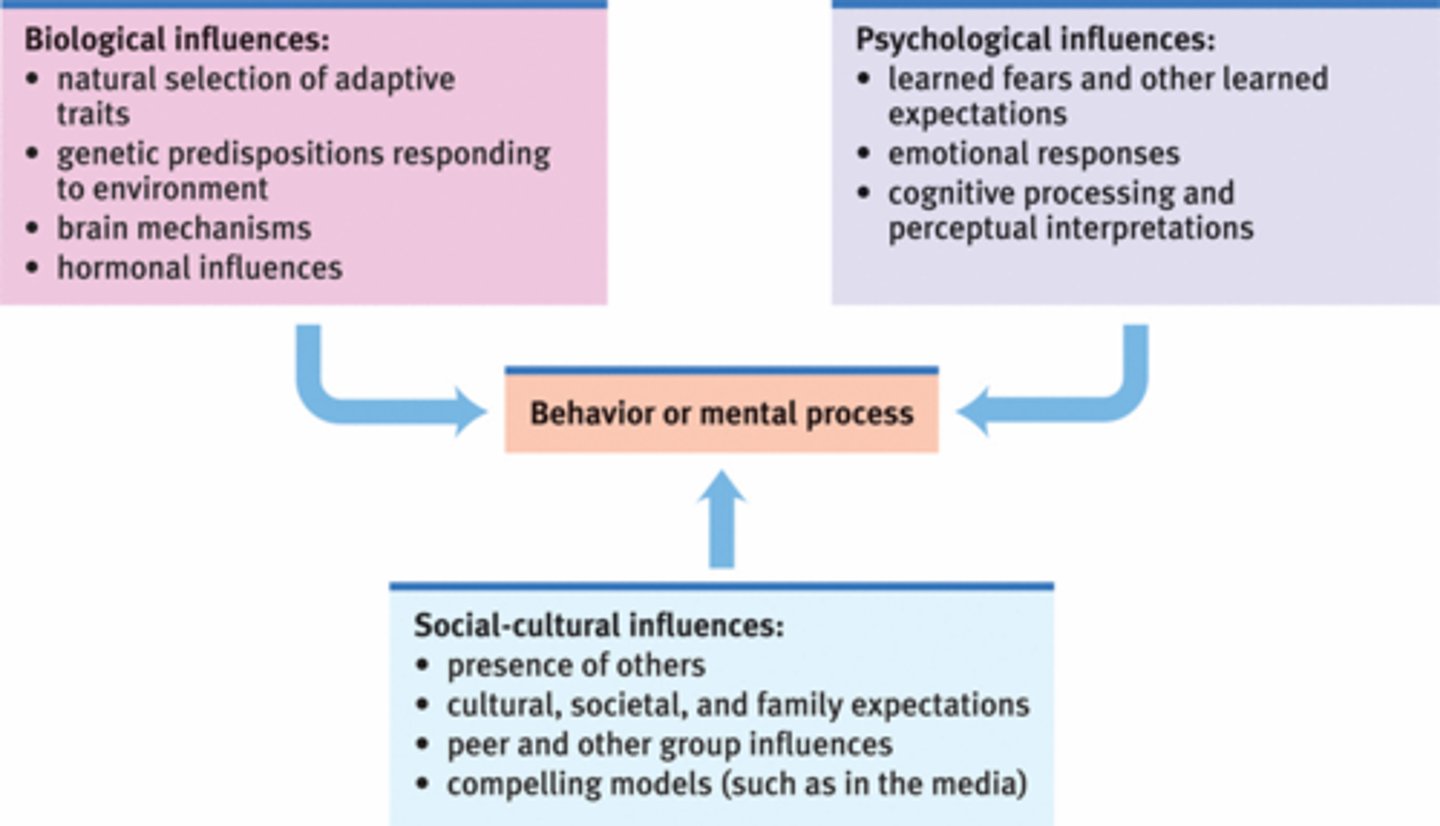
biological psychology
a branch of psychology that studies the links between biological (including neuroscience and behavior genetics) and psychological processes
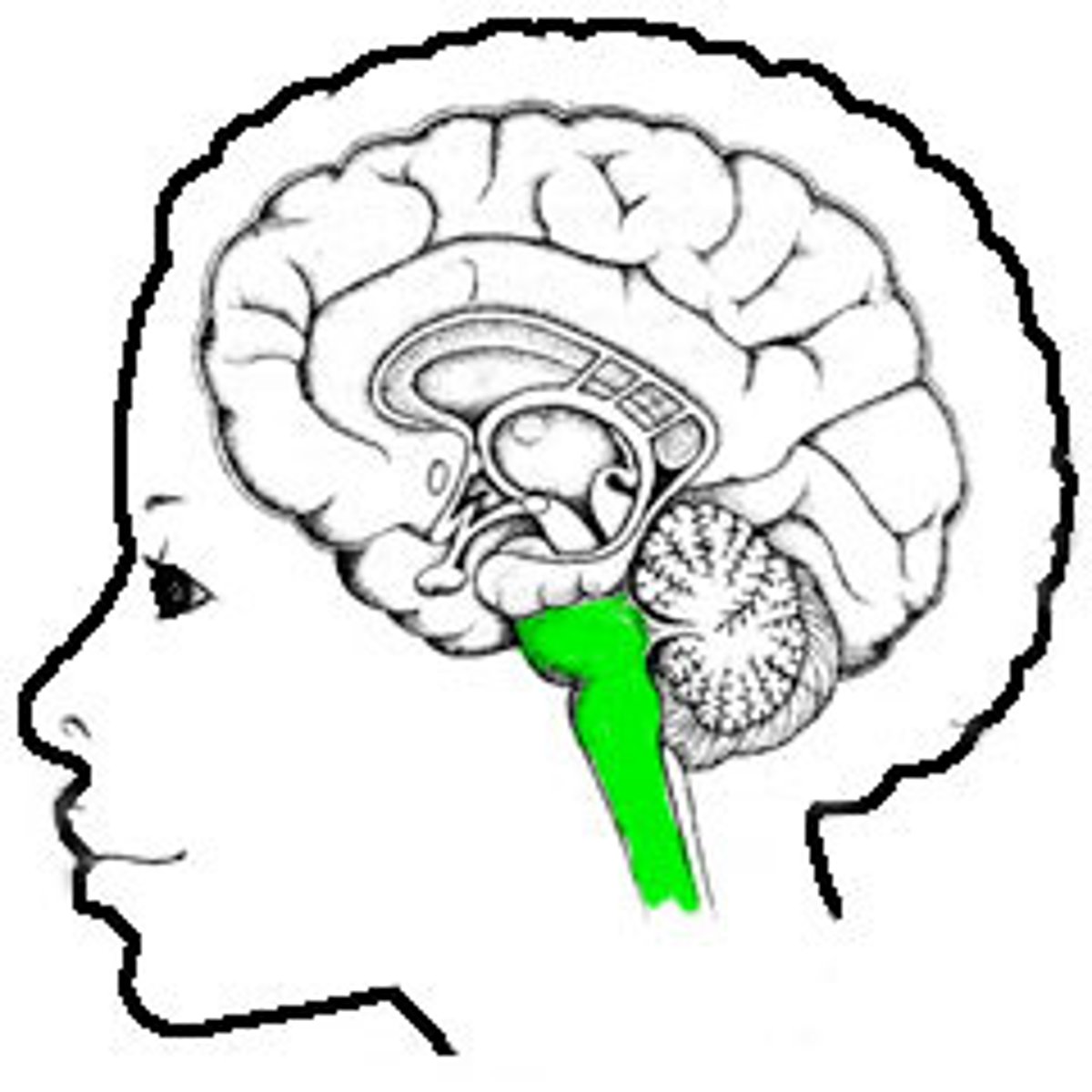
evolutionary psychology
the study of the roots of behavior and mental processes using the principles of natural selection

psychodynamic psychology
a branch of psychology that studies how unconscious drives and conflicts influence behavior, and uses that information to treat people with psychological disorders

behavioral psychology
the scientific study of observable behavior, and its explanation by principles of learning
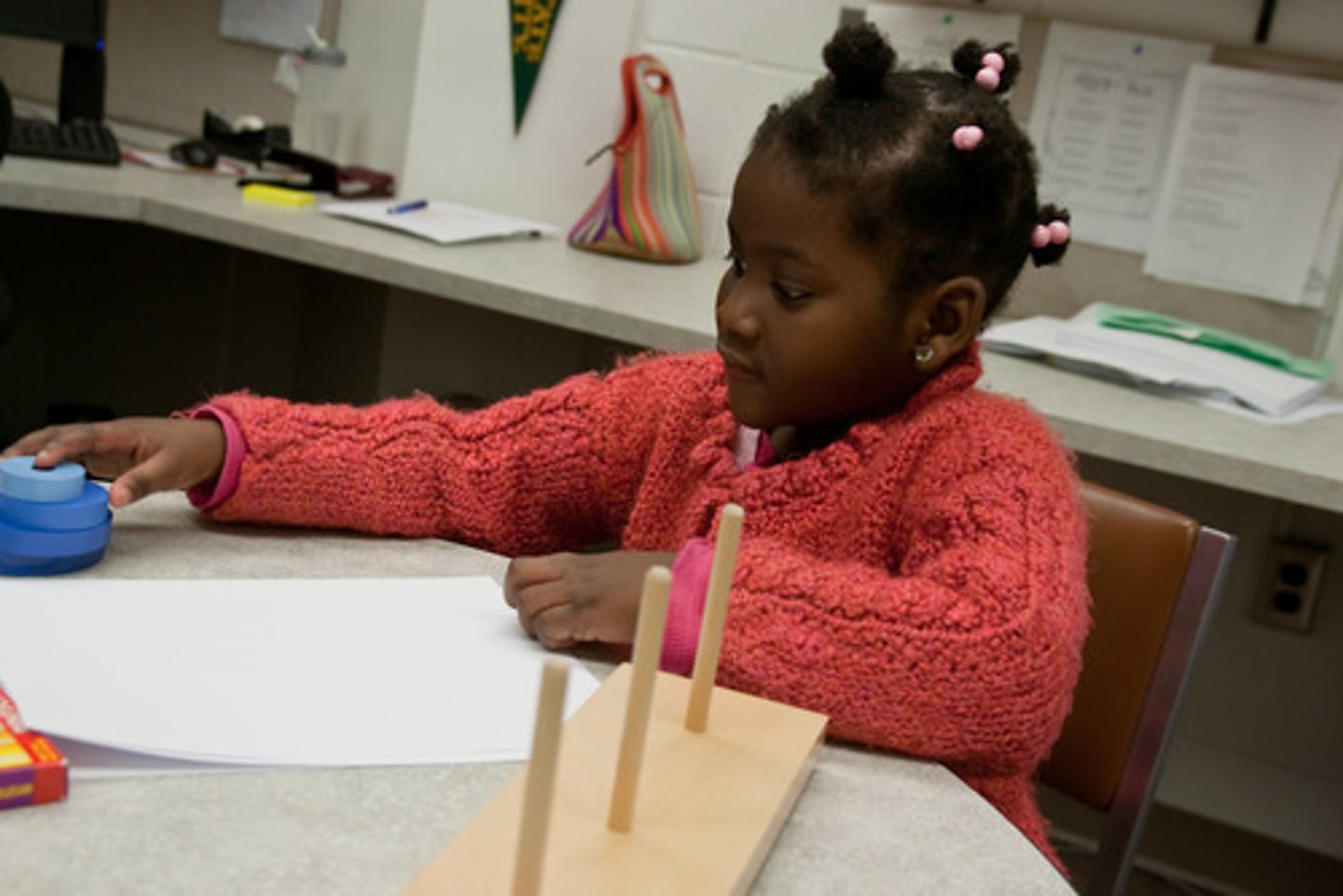
cognitive psychology
the scientific study of all the mental activities associated with thinking, knowing, remembering, and communicatin

social-cultural psychology
the study of how situations and cultures affect our behavior and thinking
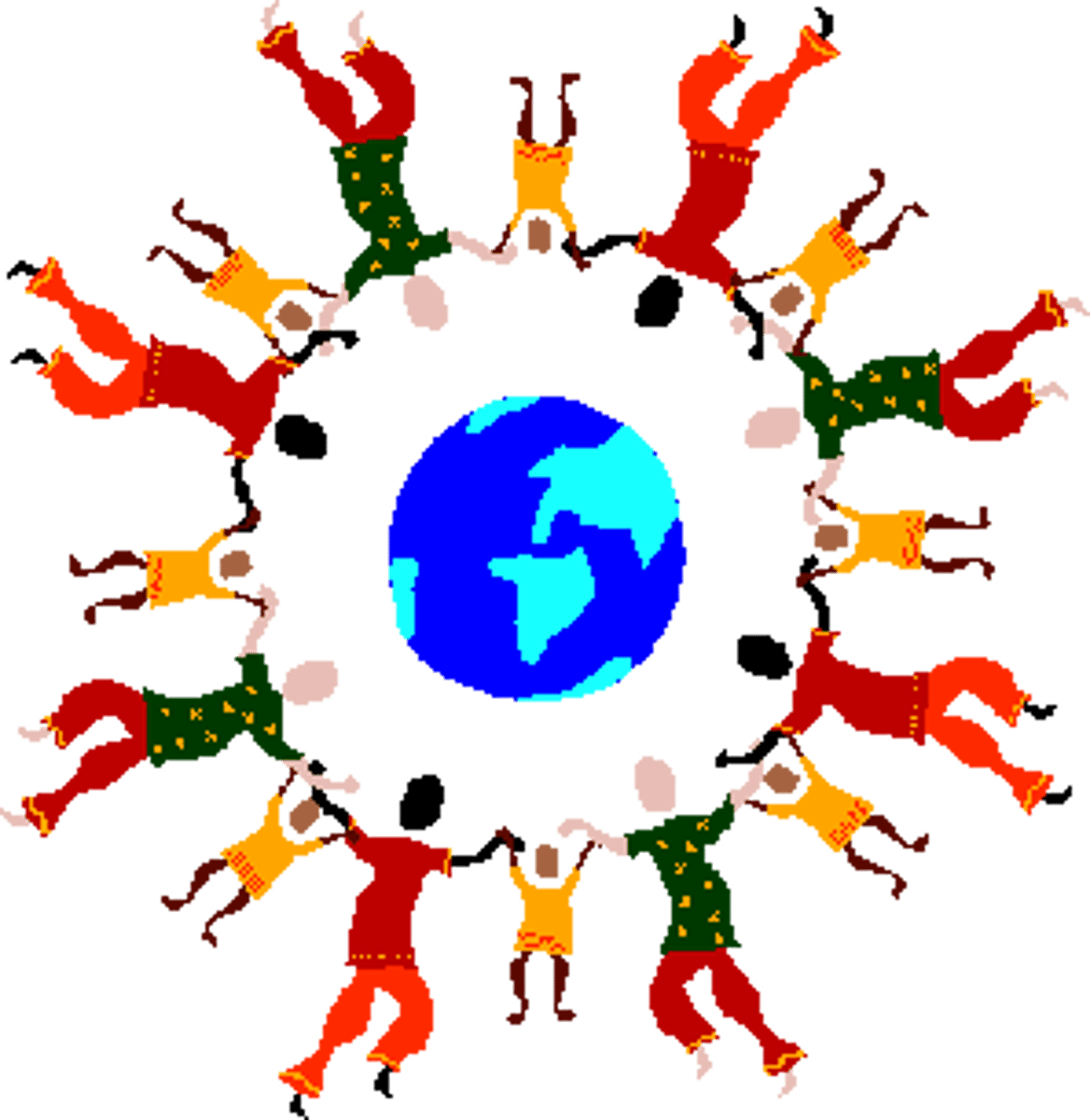
psychometrics
the scientific study of the measurement of human abilities, attitudes, and traits
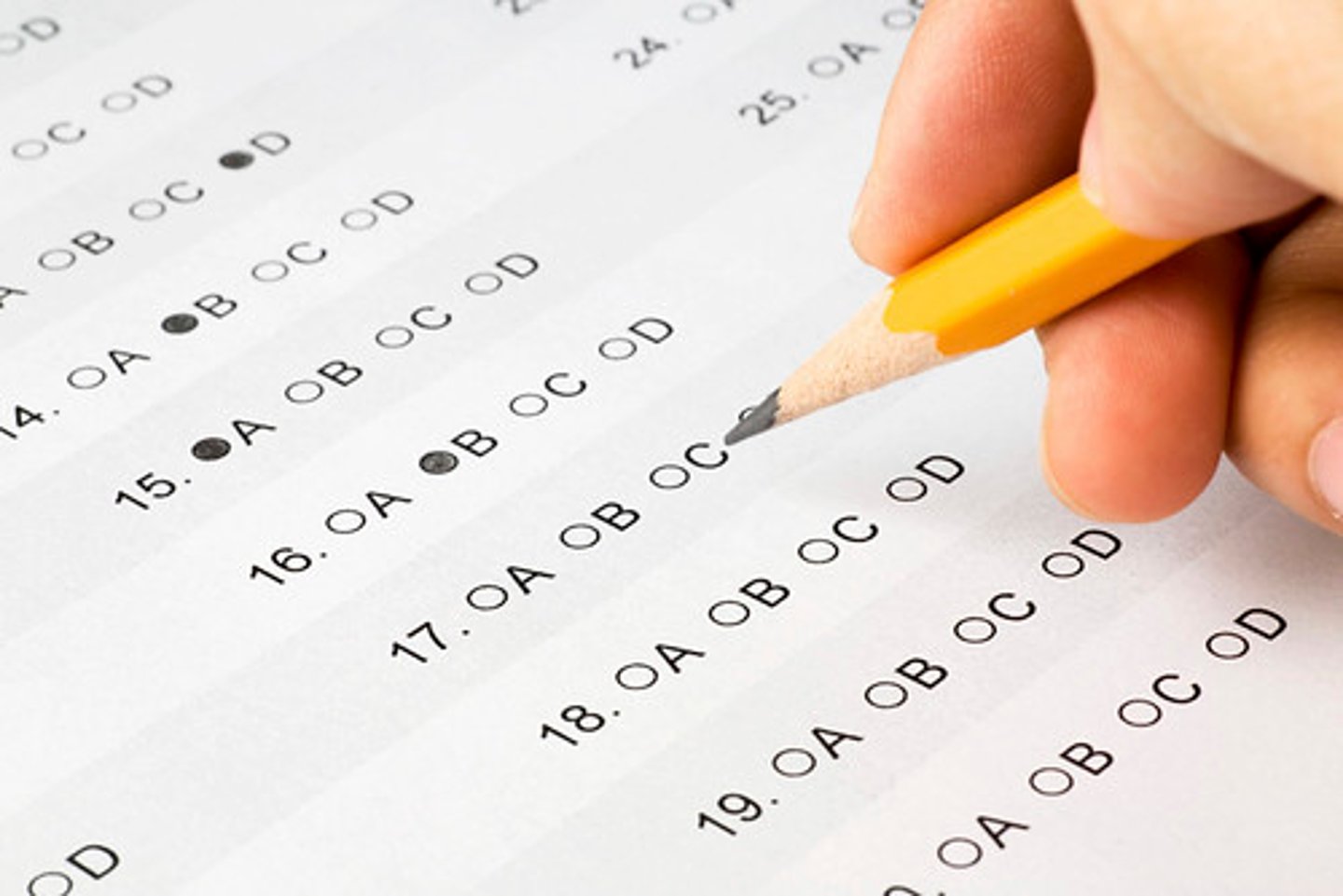
basic research
pure science that aims to increase the scientific knowledge base

developmental psychology
the scientific study of physical, cognitive, and social change throughout the life span
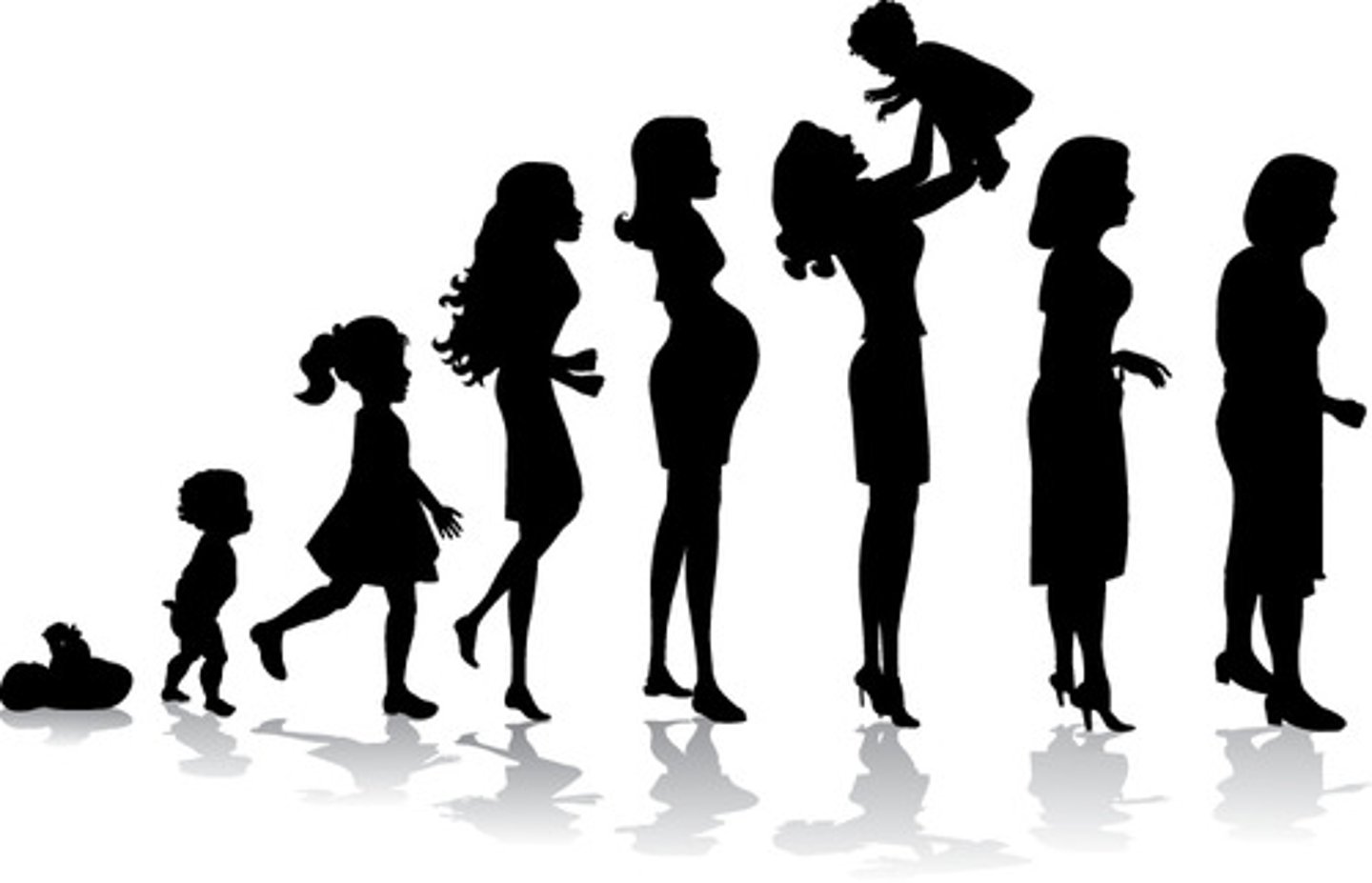
educational psychology
the study of how psychological processes affect and can enhance teaching and learning

personality psychology
the study of an individual's characteristic pattern of thinking, feeling and acting
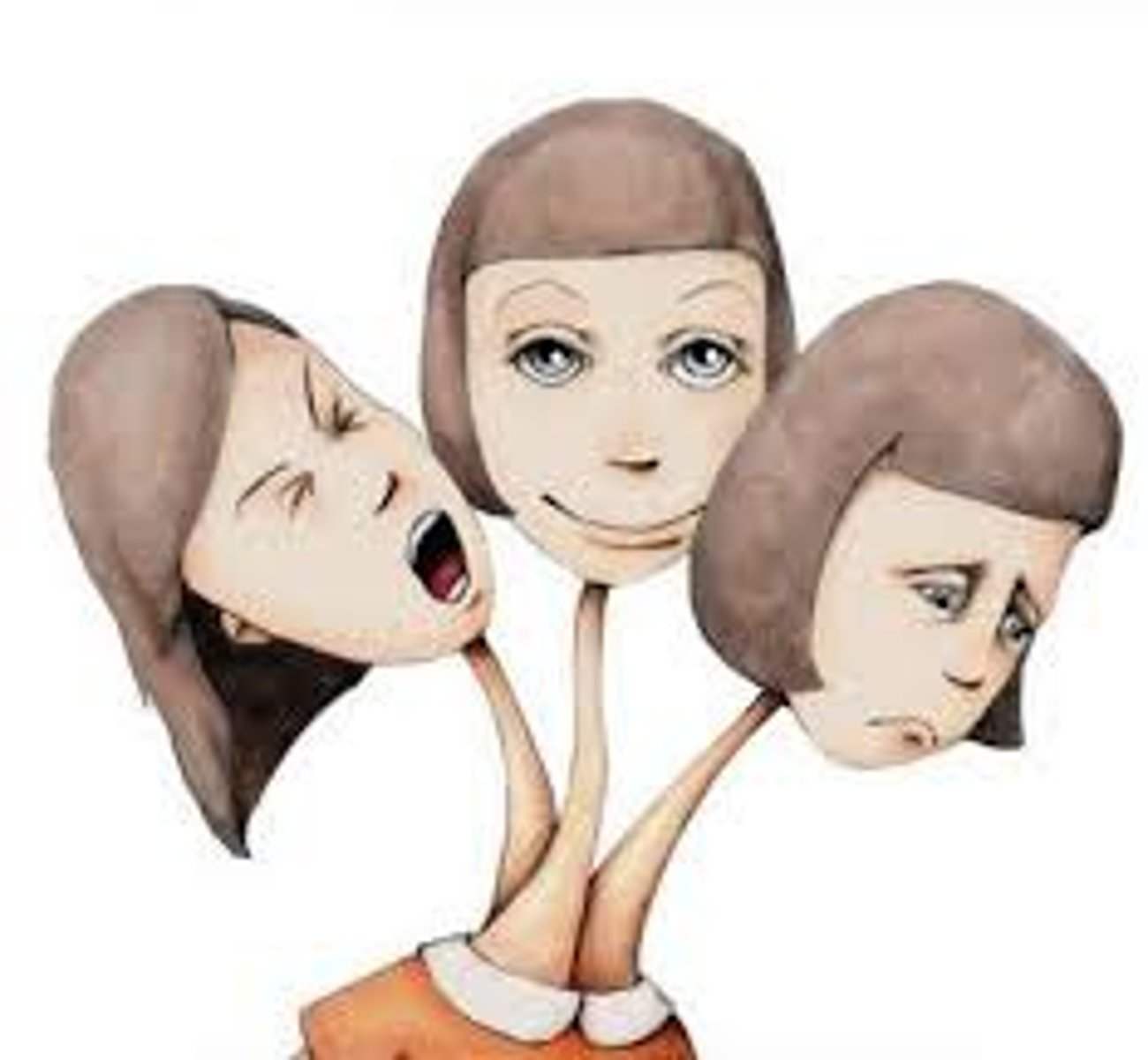
social psychology
the scientific study of how we think about, influence, and relate to one another

applied research
scientific study that aims to solve practical problems
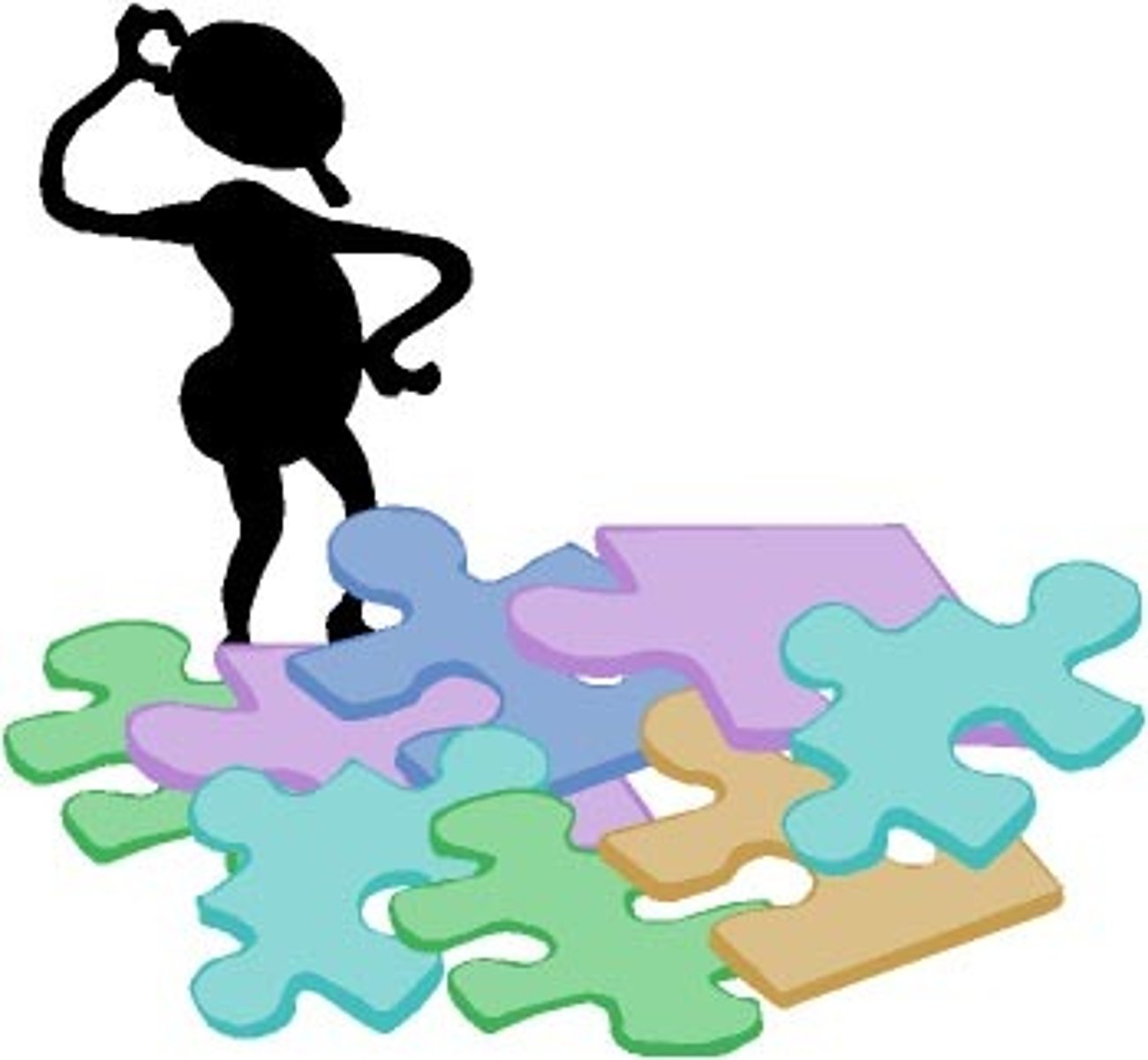
industrial-organizational (I/O) psychology
the application of psychological concepts and methods to optimizing human behavior in workplaces

human factors psychology
the study of how people and machines interact and the design of safe and easily used machines and environments
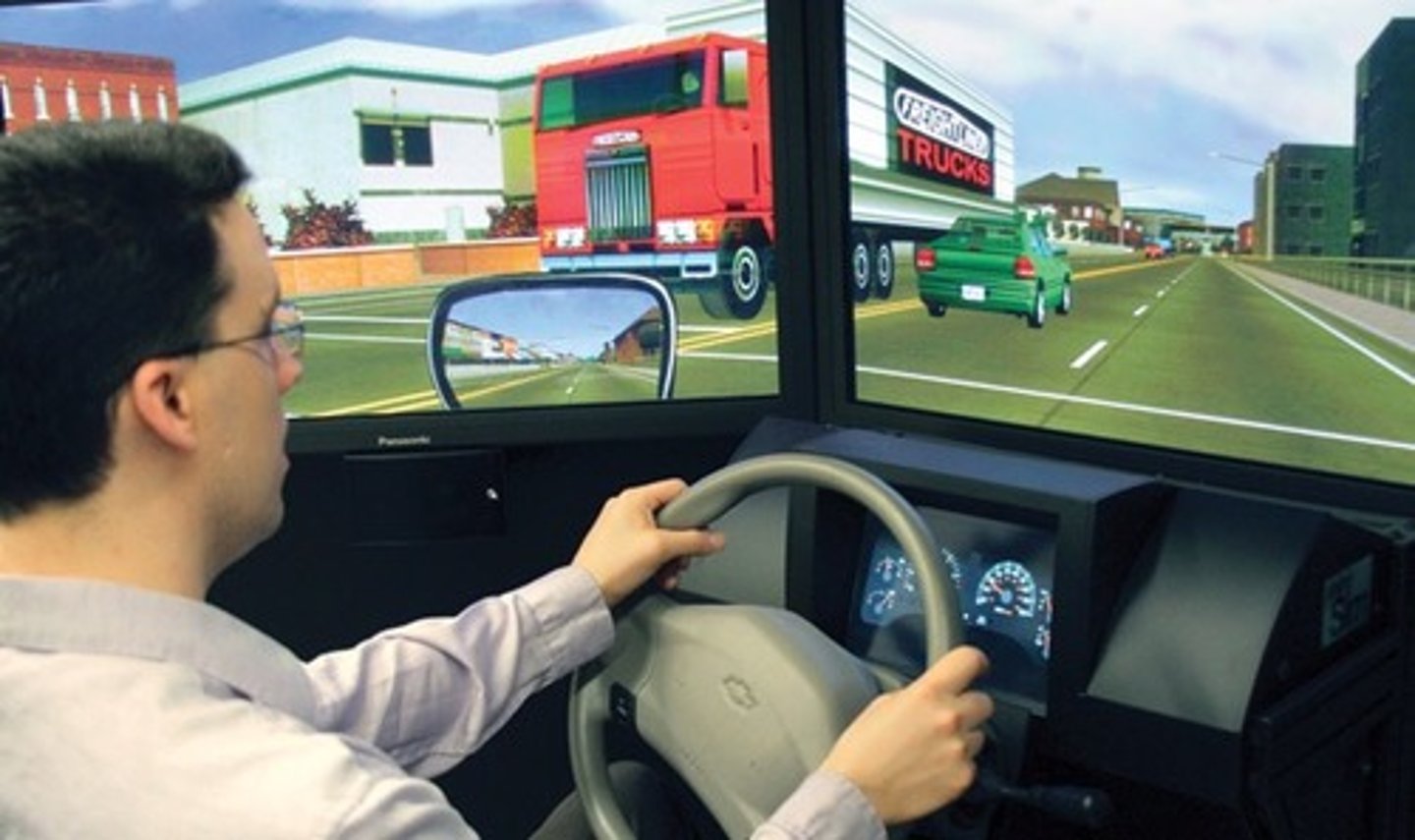
counseling psychology
a branch of psychology that assists people with problems in living (often related to school, work, or marriage) and in achieving greater well-being

clinical psychology
a branch of psychology that studies, assesses, and treats people with psychological disorders

psychiatry
a branch of medicine dealing with psychological disorders; practiced by physicians who often provide medical treatments as well as psychological therapy

SQ3R Method
method which includes survey, questions,
read, recite and review reading passage

testing effect
enhanced memory after retrieving (for a test), rather than simply rereading, information

community psychology
a branch of psychology that studies how people interact with their social environments and how social institutions affect individuals and groups

positive psychology
the scientific study of optimal human functioning; aims to discover and promote strengths and virtues that enable individuals and communities to thrive

cognitive neuroscience
the interdisciplinary study of the brain activity linked with cognition (including perception, thinking, memory, and language)
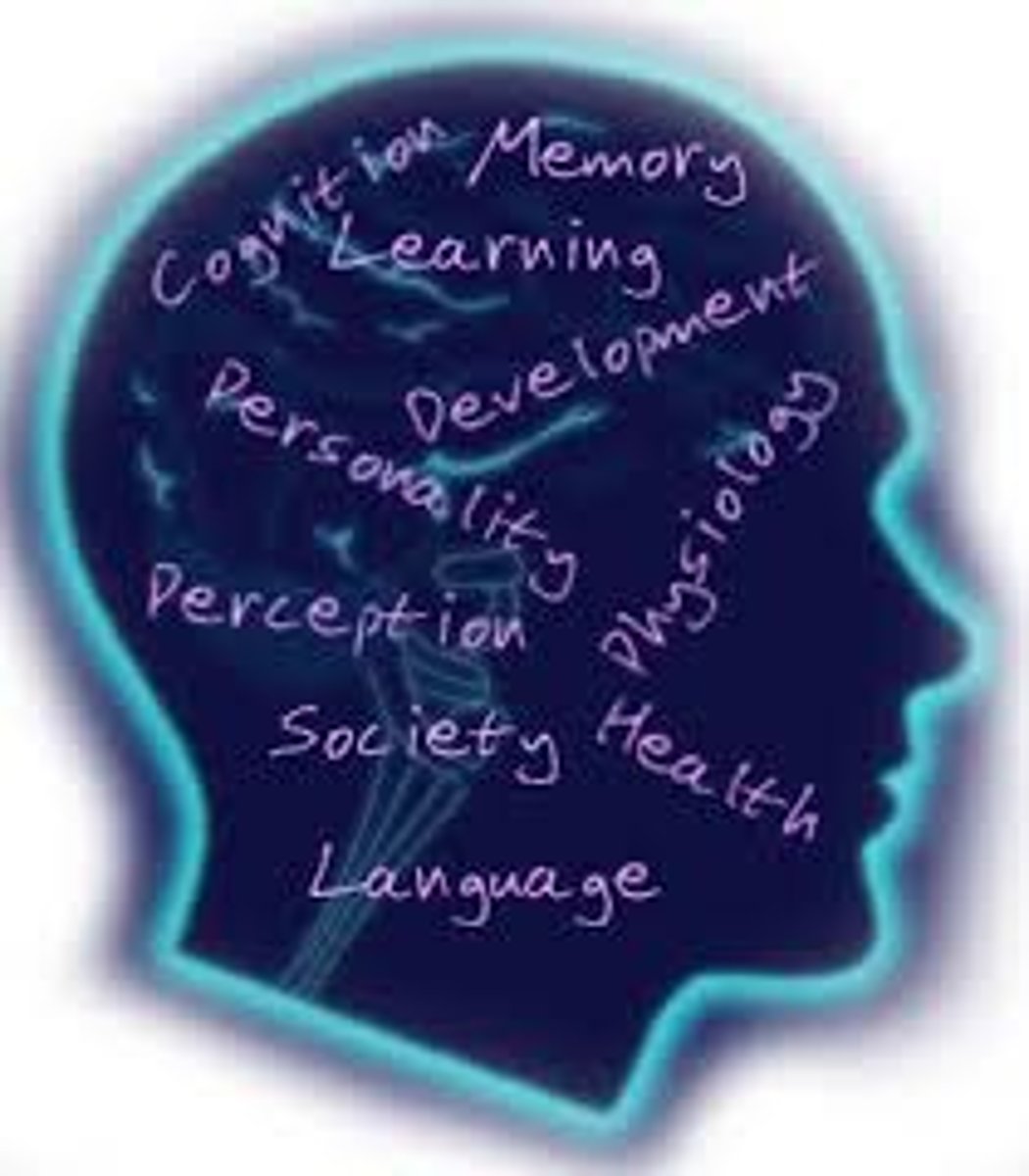
hindsight bias
The tendency to believe, after learning an outcome, that one would have foreseen it
double blind procedure
An experimental procedure in which both the research participants and the research staff are ignorant about whether the research participants have received the treatment or a placebo. Commonly used in drug-evaluation studies

independent variable
The experimental factor that is manipulated--the variable whose effect is being studied
dependent variables
The outcome factor -- the variable that may change in response to manipulations of the independent variable
mode
The most frequently occurring score(s) in a distribution
mean
The arithmetic average of a distribution, obtaining by adding the scores and then dividing by the number of scores
median
The middle score in a distribution--half the scores are above it and half are below it
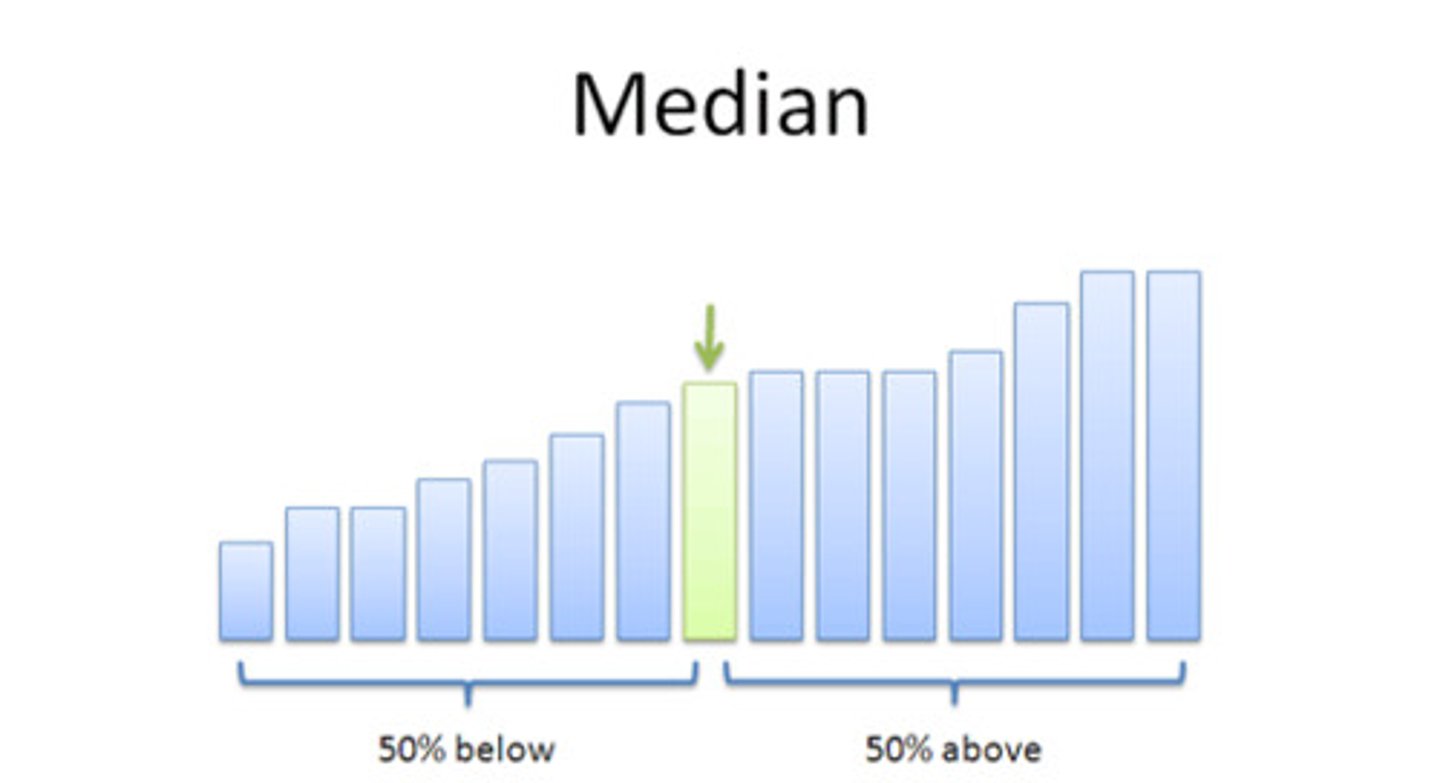
standard deviations
A computed measure of how much scores vary around the mean score
random assignment
Assigning participants to experimental and control conditions by chance ,thus minimizing preexisting differences between those assigned to the different groups
random sampling
A sample that fairly represents a population because each member has an equal chance of inclusion
scatter plot
A graphed cluster of dots, each of which represents the values of two variables. The slope of the points suggests the direction of the relationship between the two variables. The amount of scatter suggests the strength of the correlation
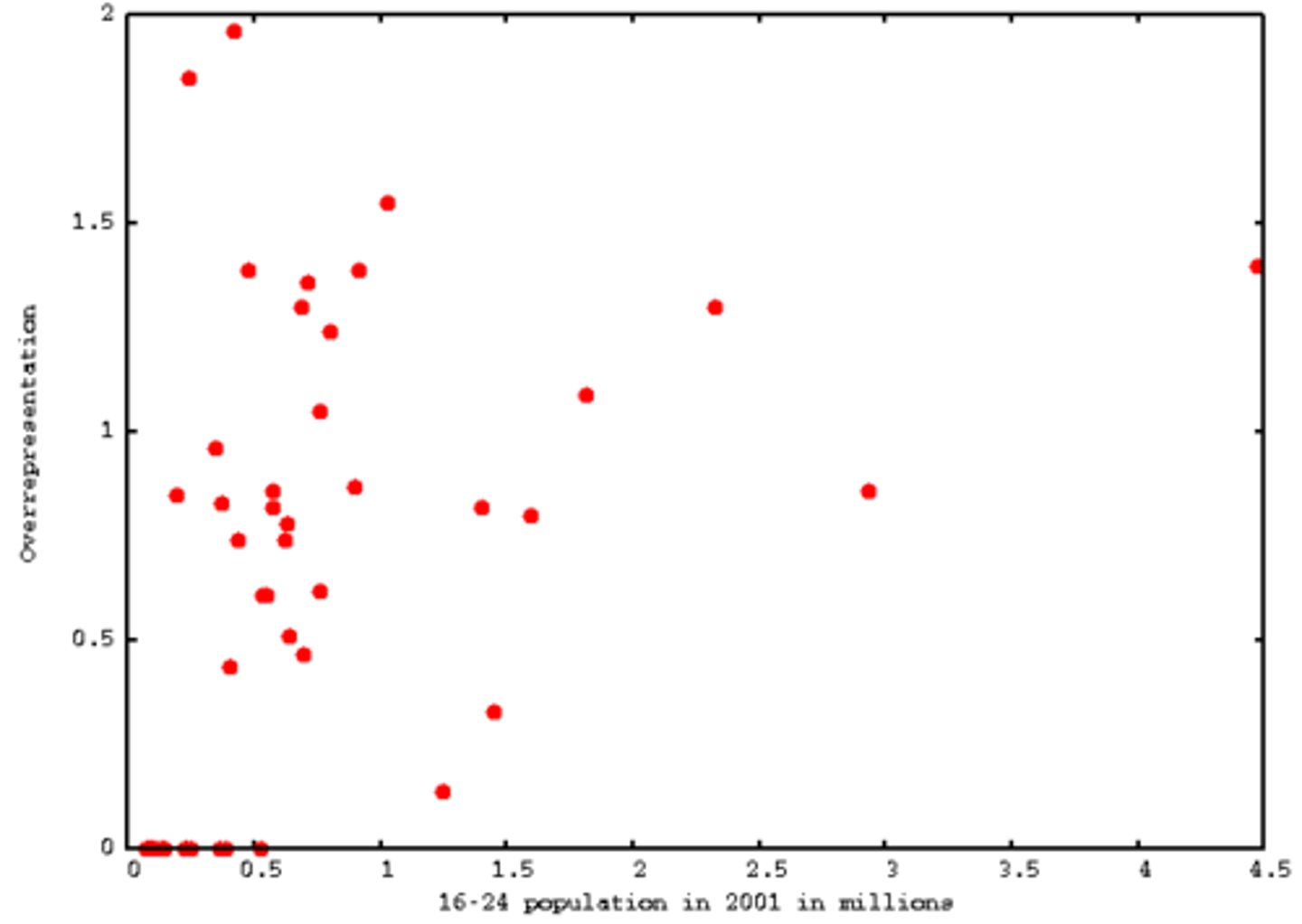
illusory correlation
The perception of a relationship where none exists
case study
An observation technique in which one person is studied in depth in the hope of revealing universal principles
naturalistic observation
Observing and recording behavior in naturally occurring situations without trying to manipulate and control the situation
correlation
A measure of the extent to which two factors vary together, and thus of how well either factor predicts the other. The correlation coefficient is the mathematical expression of the relationship, ranging from -1 to +1
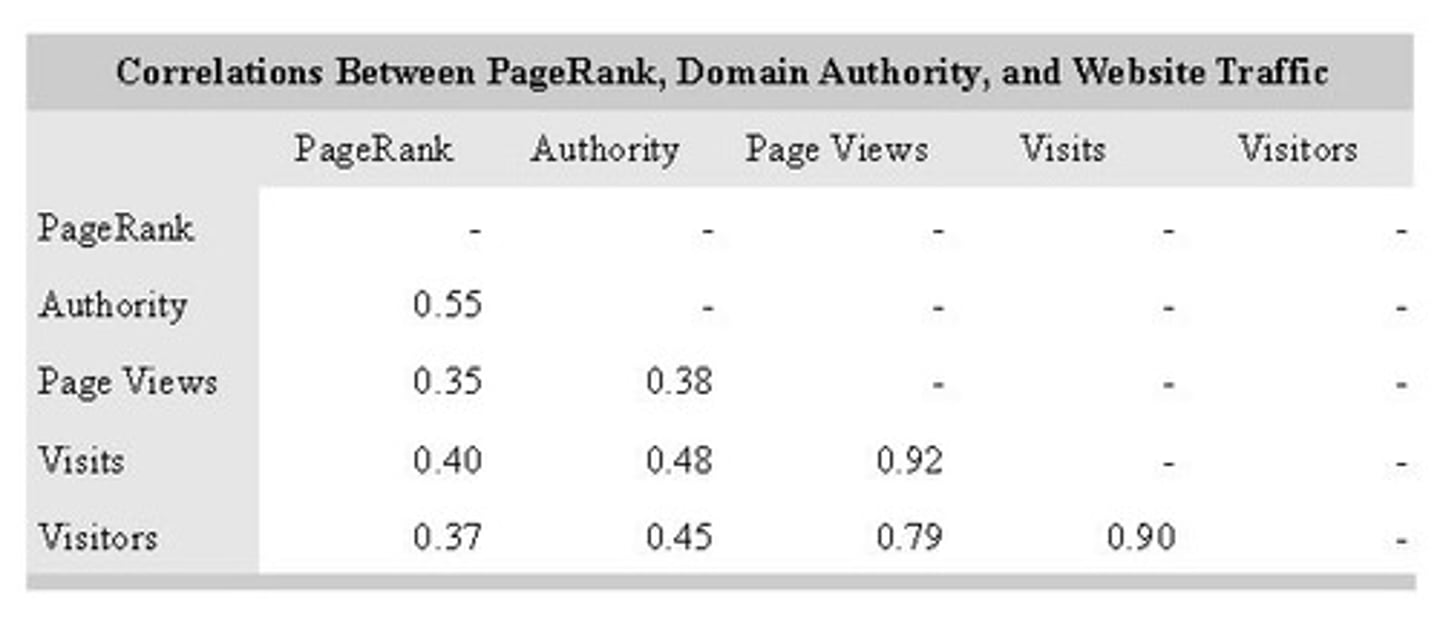
experiment
A research method in which an investigator manipulates one or more factors (independent variables) to observe the effects on some behavior or mental process (the dependent variable). By random assignment of participants, the experimenter aims to control other relevant variable
replication
Repeating the essence of a research study, usually with different participants in different situations, to see whether the basic finding extends to other participants and circumstances
statistical significance
A statistical statement of how likely it is that an obtained result occurred by chance
operational definition
A statement of the procedures used to define research variables.
critical thinking
thinking that does not blindly accept arguments and conclusions. Rather, it examines assumptions, discerns hidden values, evaluates evidence, and assesses conclusions.
theory
an explanation using an integrated set of principles that organizes and predicts observations
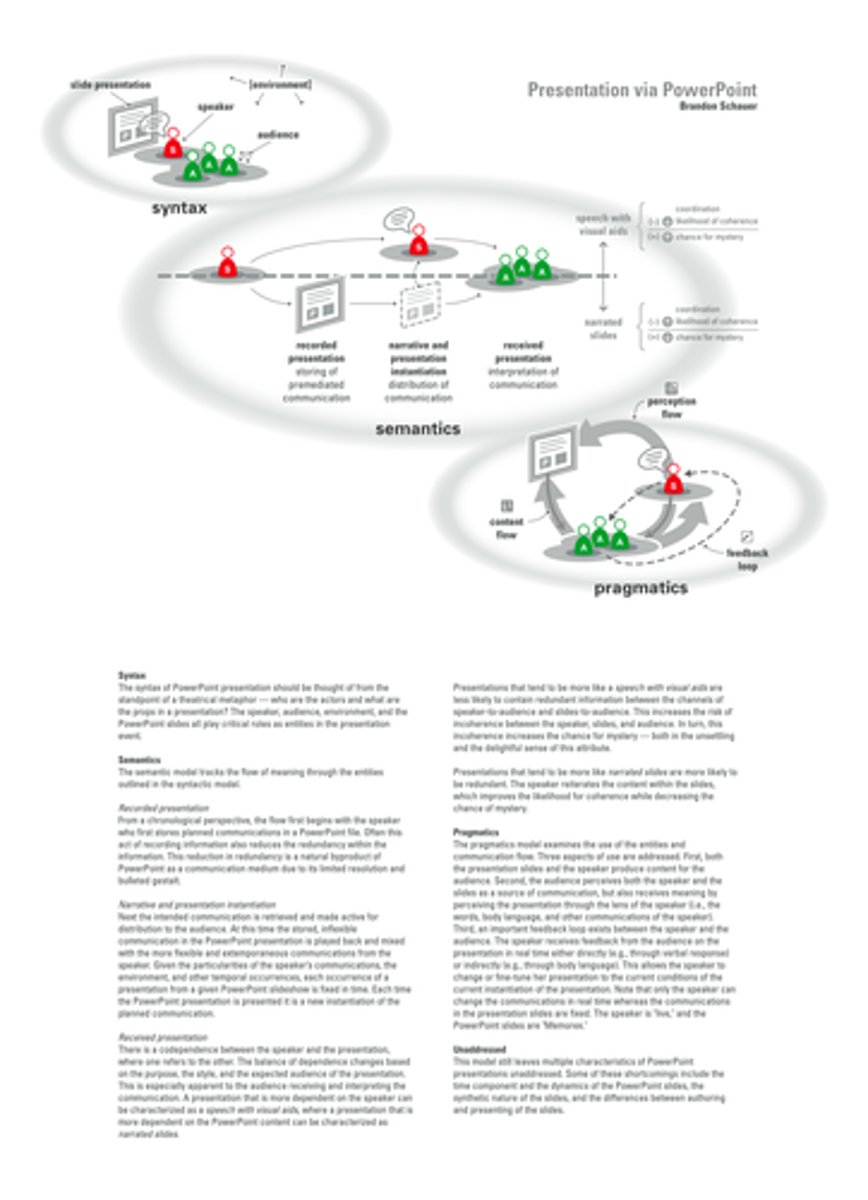
hypothesis
a testable prediction, often implied by a theory
population
all the cases in a group, from which samples may be drawn for a study
correlation coefficient
a statistical index of the relationship between two things (from -1 to +1)
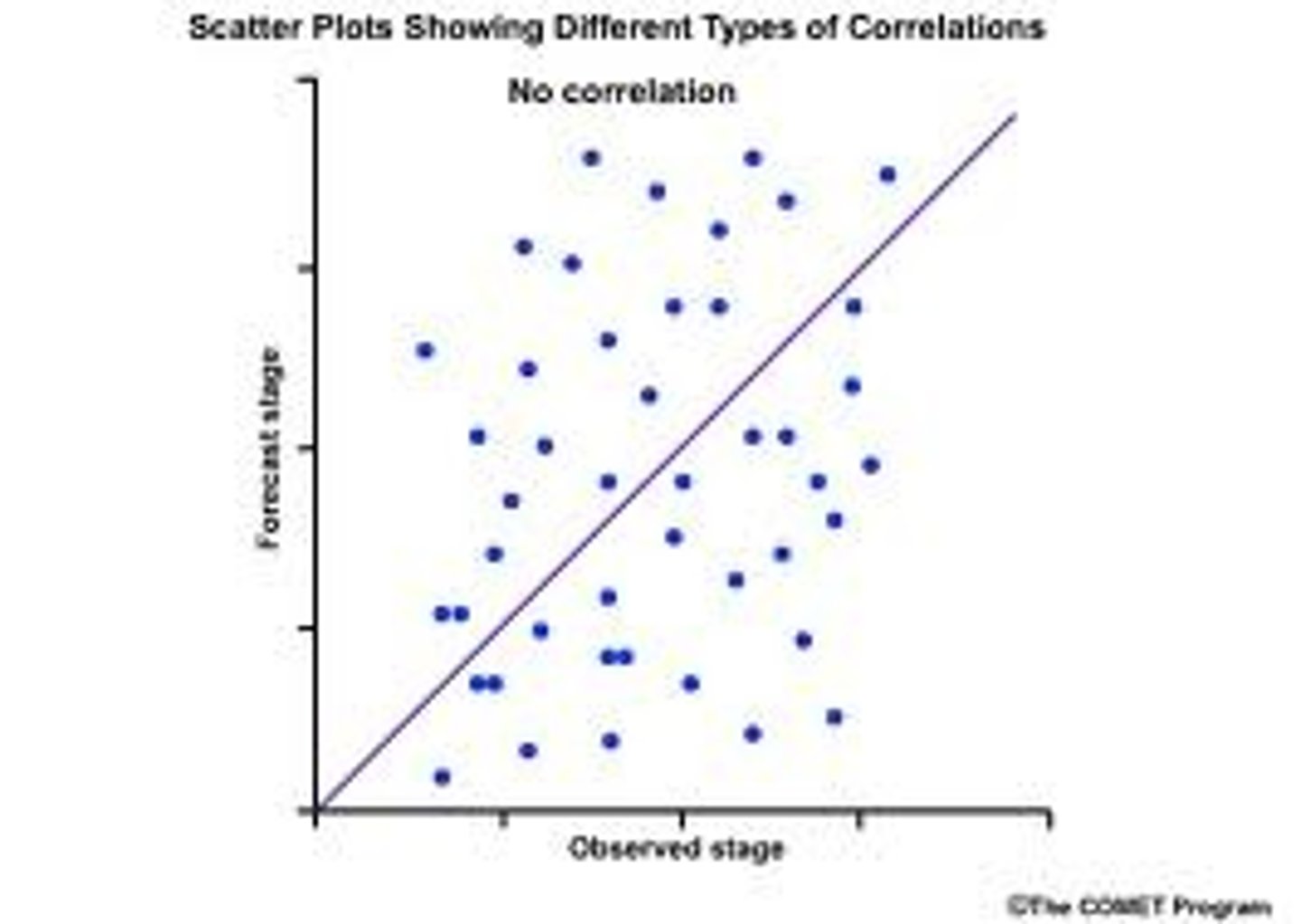
placebo
experimental results caused by expectations alone; any effect on behavior caused by the administration of an inert substance or condition, which the recipient assumes is an active agent.

placebo effect
the phenomenon in which the expectations of the participants in a study can influence their behavior
experimental group
in an experiment, the group that is exposed to the treatment, that is, to one version of the independent variable.
control group
in an experiment, the group that is not exposed to the treatment; contrasts with the experimental group and serves as a comparison for evaluating the effect of the treatment.
confounding variable
a factor other than the independent variable that might produce an effect in an experiment.

range
the difference between the highest and lowest scores in a distribution
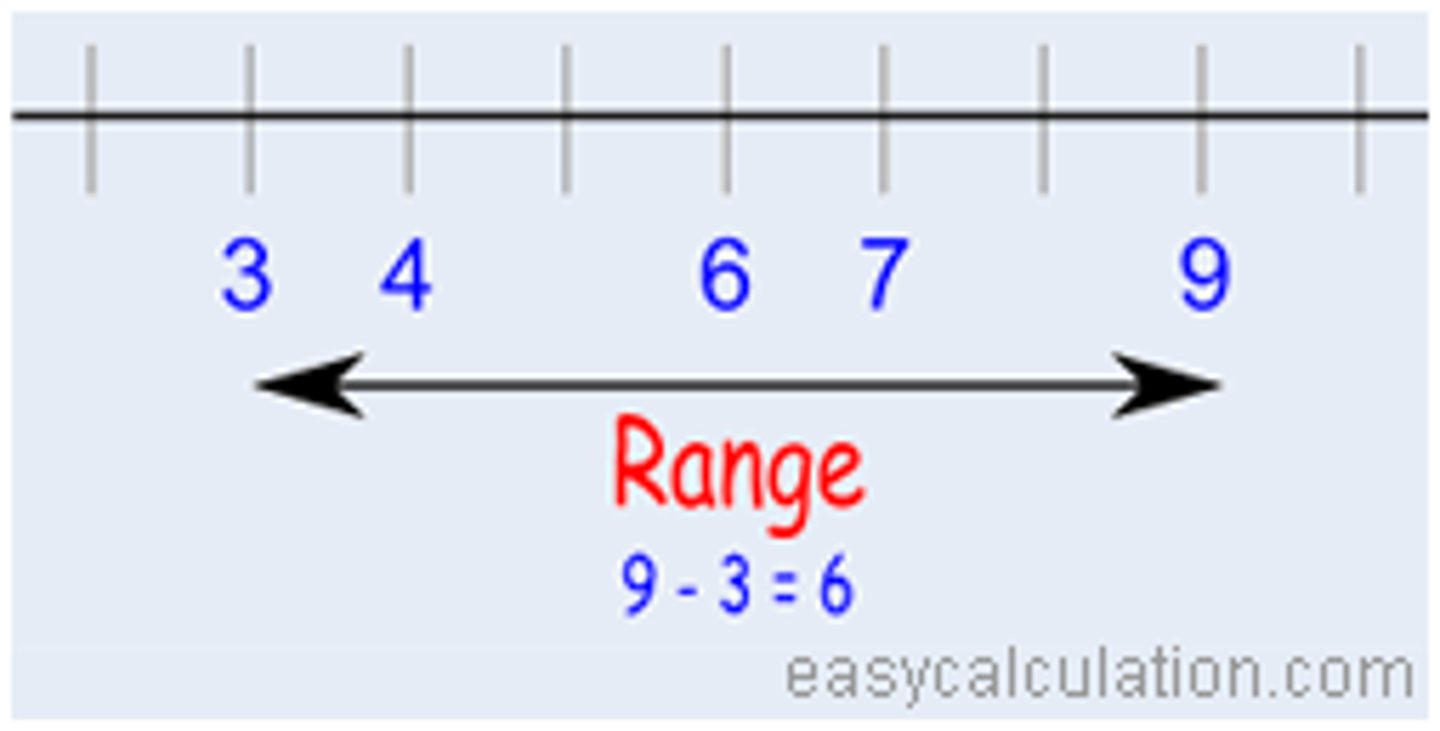
normal curve/distribution
a symmetrical, bell-shaped curve that describes the distribution of many types of data; most scores fall near the mean (68% fall within one standard deviation of it) and fewer near the extremes
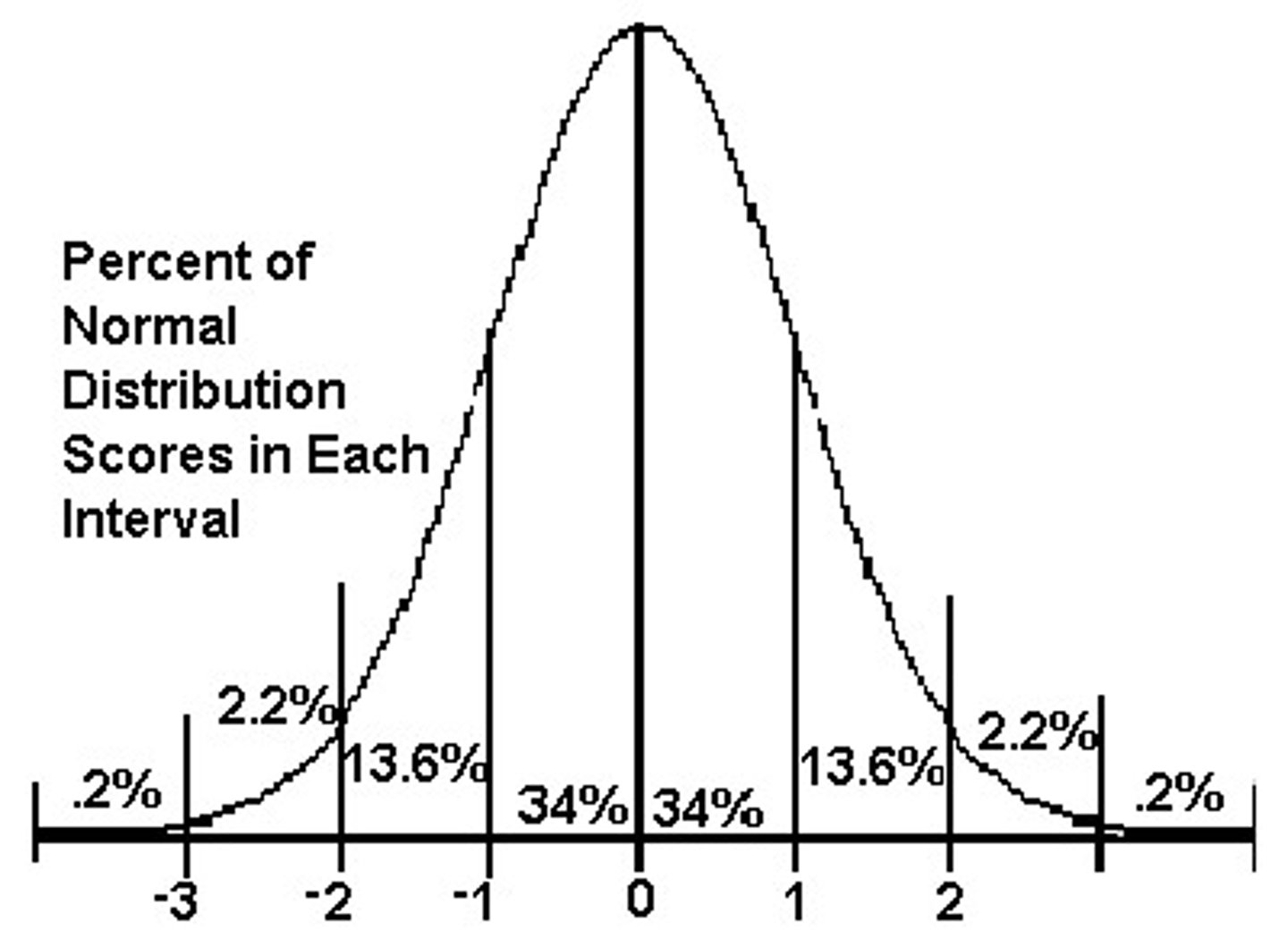
inferential statistics
numerical methods used to determine whether research data support a hypothesis or whether results were due to chance
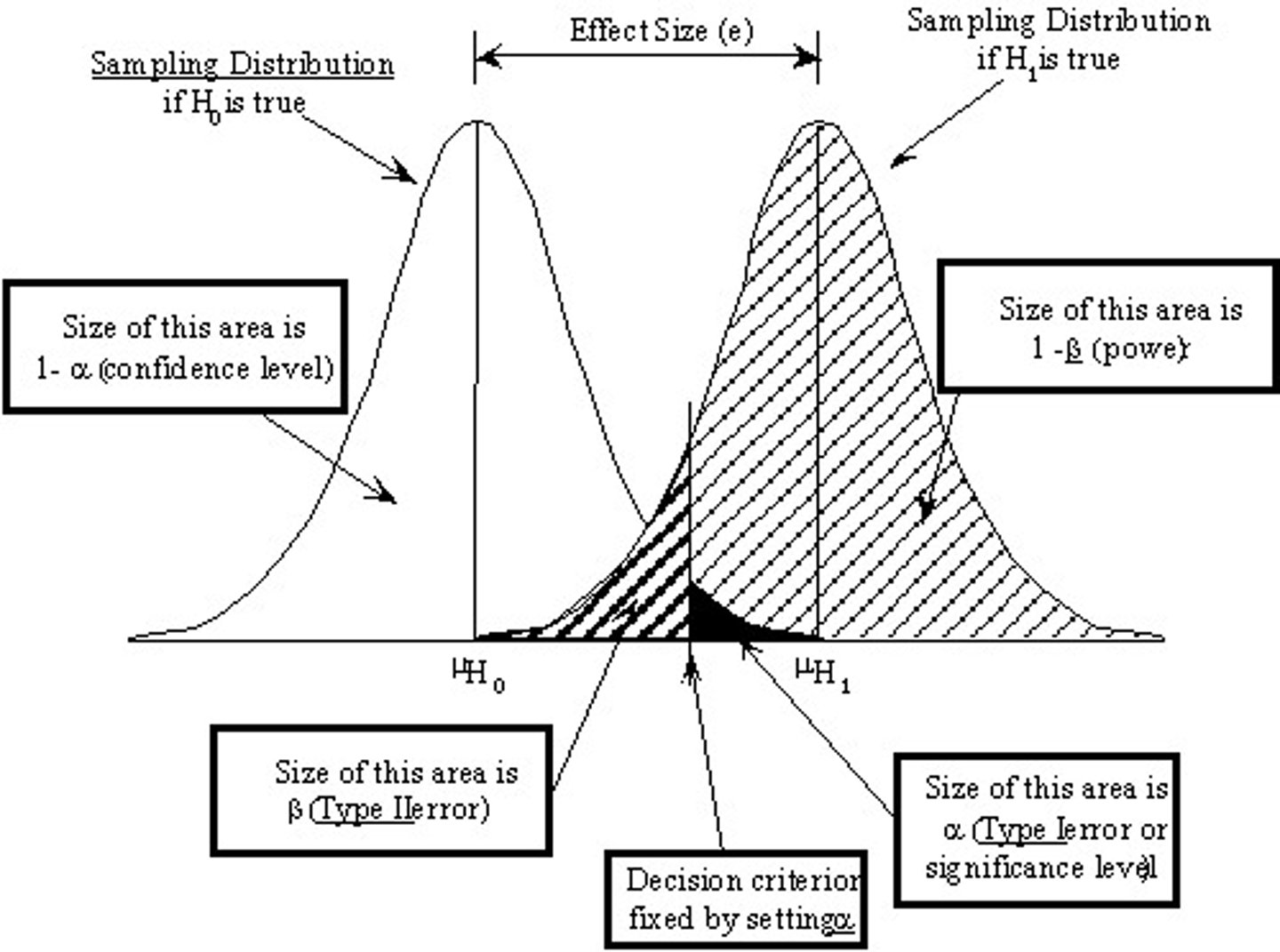
culture
the enduring behaviors, ideas, attitudes, and traditions shared by a large group of people and transmitted from one generation to the next
informed consent
an ethical principle requiring that research participants be told enough to enable them to choose whether they wish to participate

debriefing
the post-experimental explanation of a study, including its purpose and any deceptions, to its participants
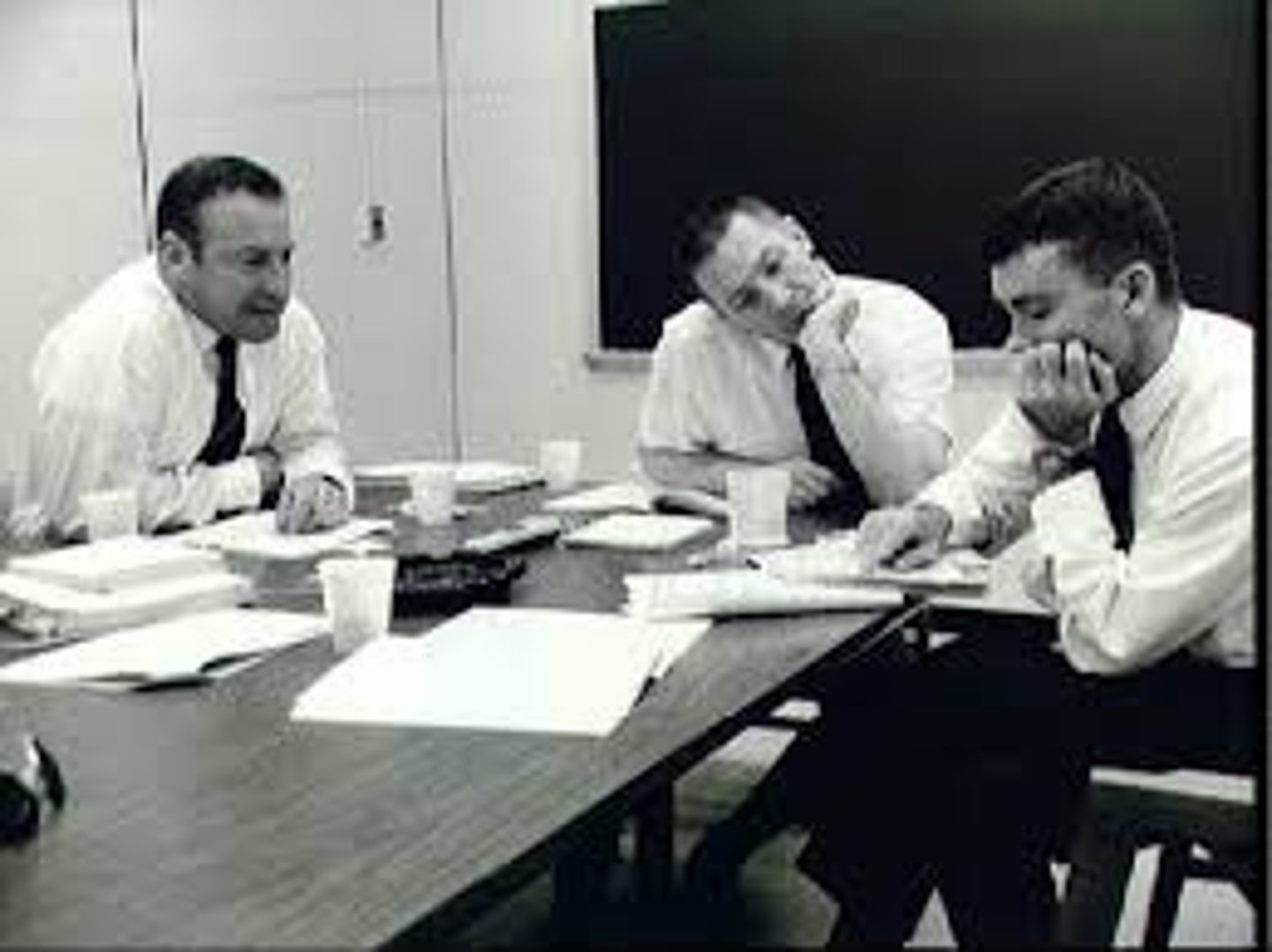
longitudinal study
researchers follow the same subjects over an extended period of time.
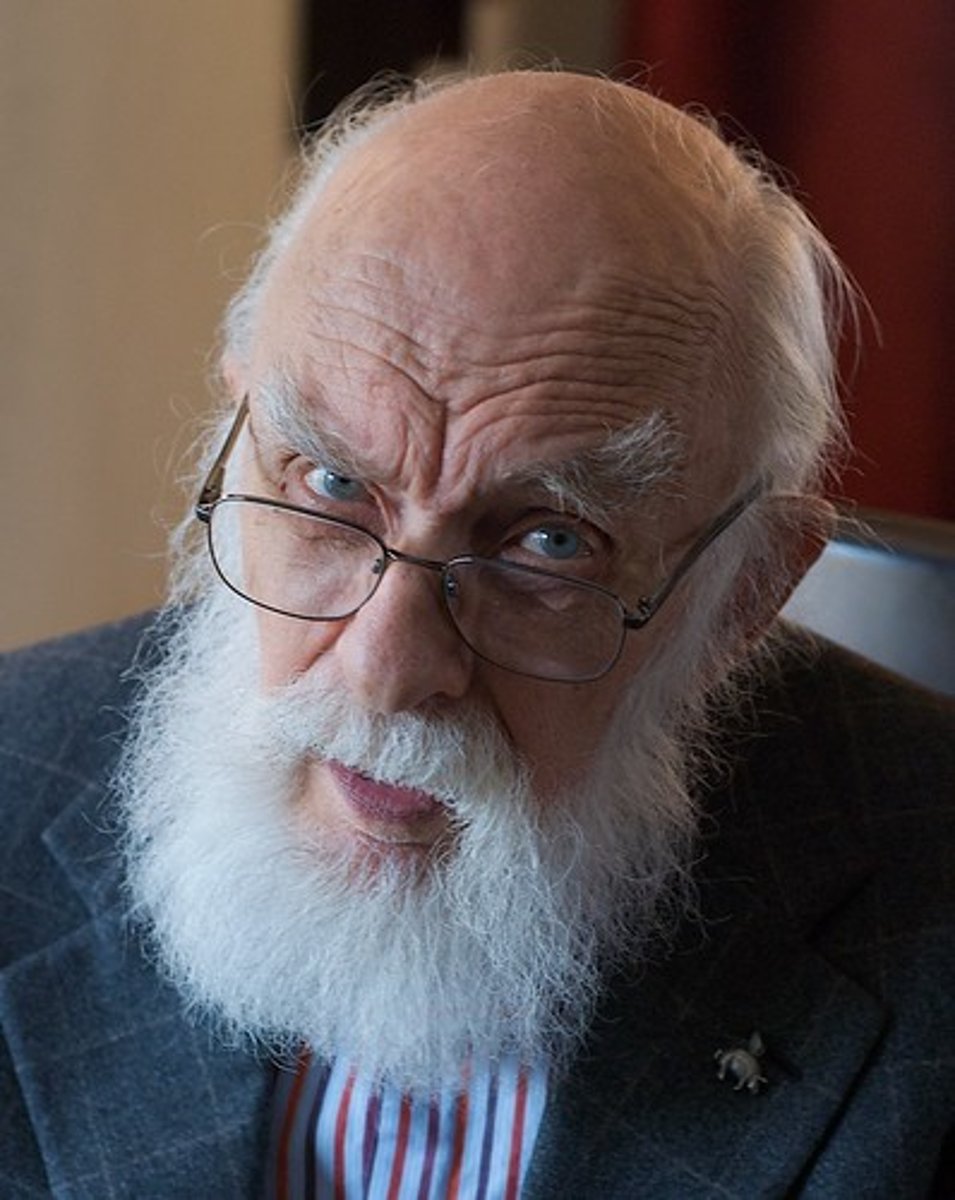
confirmation bias
experimenter might consciously or unconsciously look to confirm what they already believe about their hypothesis
descriptive statistics
describe the basic features of the data in a study. They provide simple summaries about the sample and the measures.
variance
measures how far a data set is spread out. The technical definition is "The average of the squared differences from the mean."
survey
a technique for ascertaining the self-reported attitudes or behaviors of a particular group, usually by questioning a representative, random sample of the group
sampling bias
a flawed sampling process that produces an unrepresentative sample
skewed distribution
a representation of scores that lack symmetry around their average value
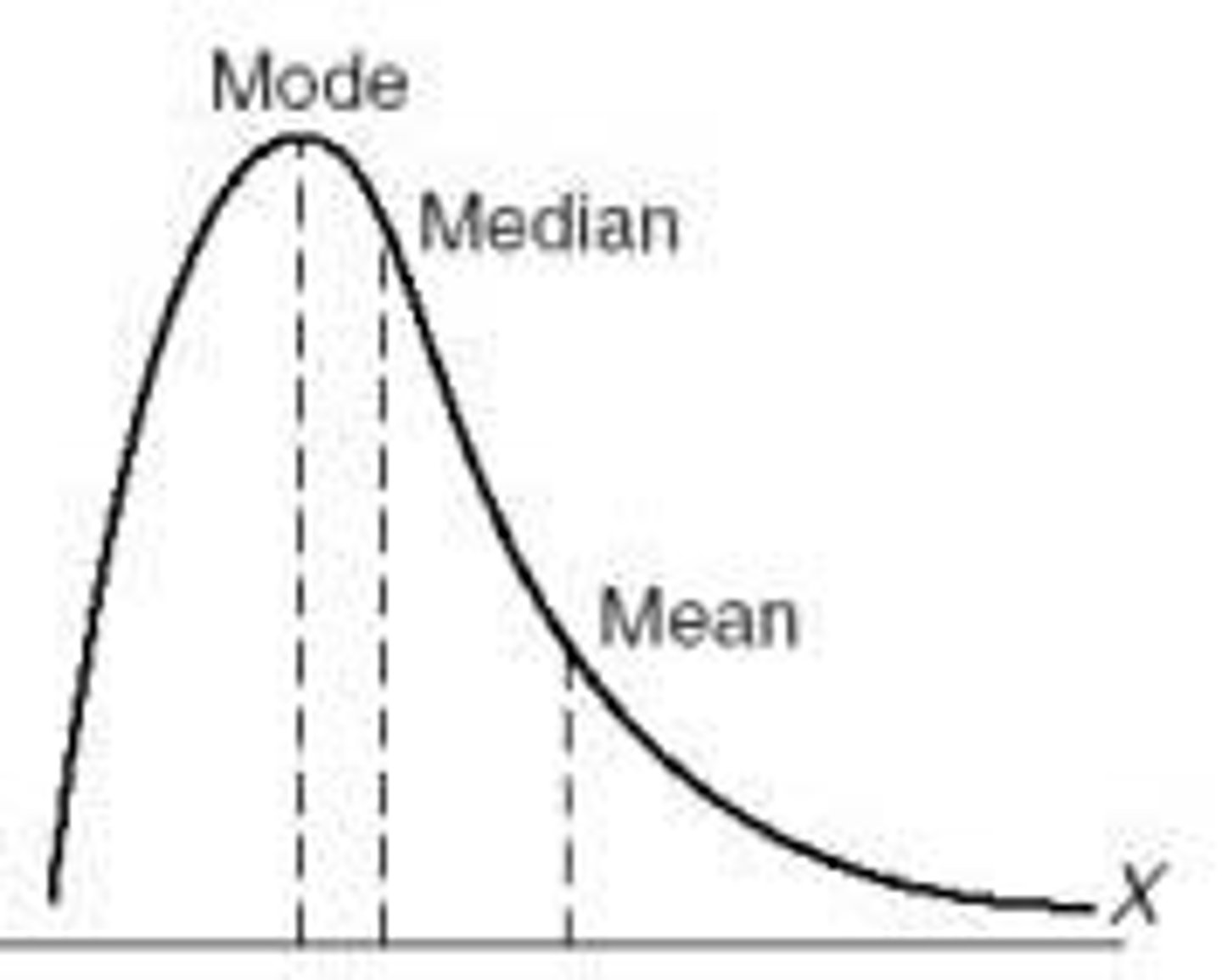
histogram
a bar graph depicting a frequency distribution
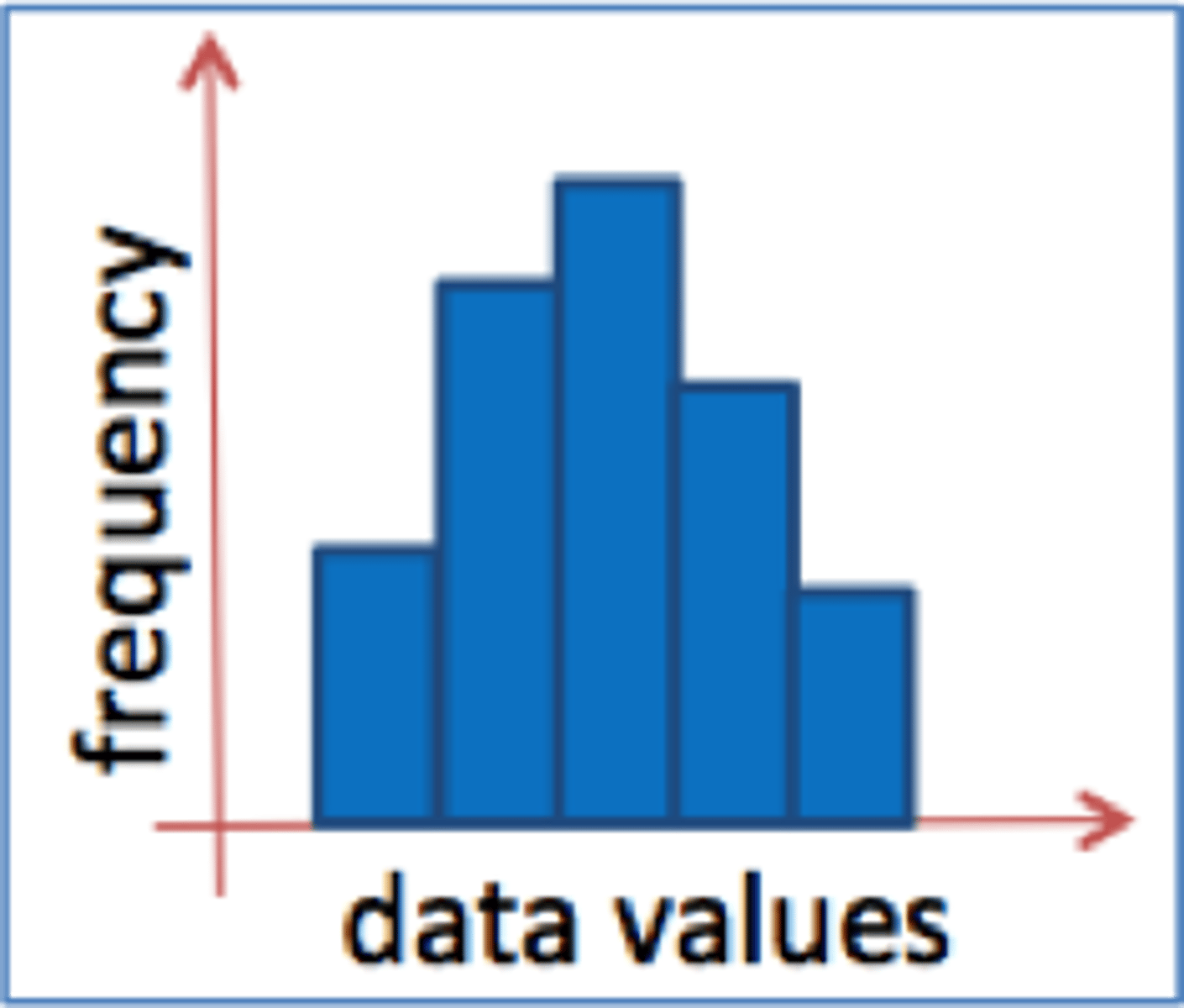
validity
the extent to which a test measures or predicts what it is supposed to
gestalt
an organized whole. Gestalt psychologists emphasized our tendency to integrate pieces of information into meaningful wholes.
